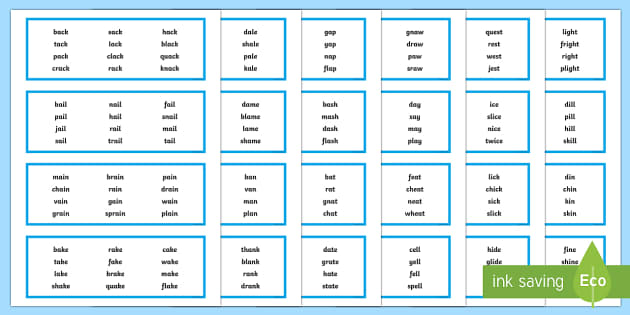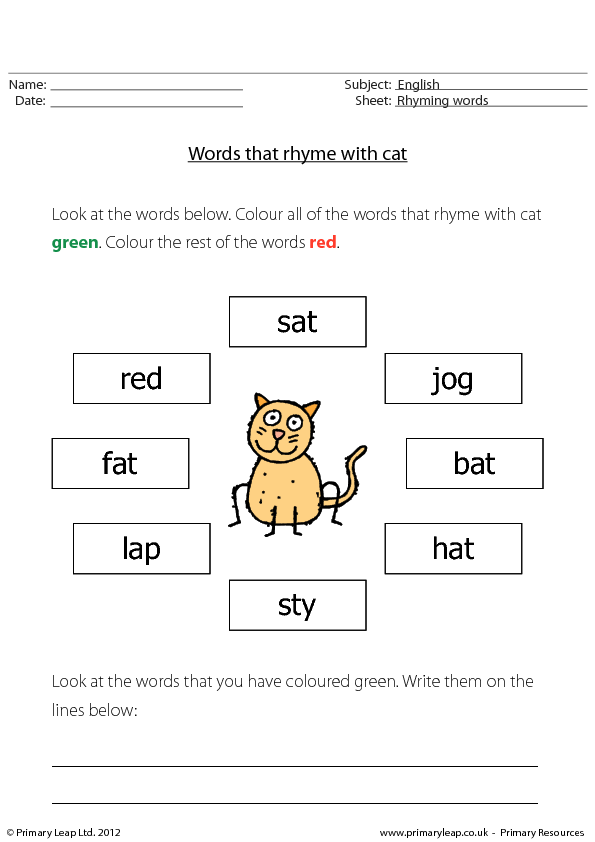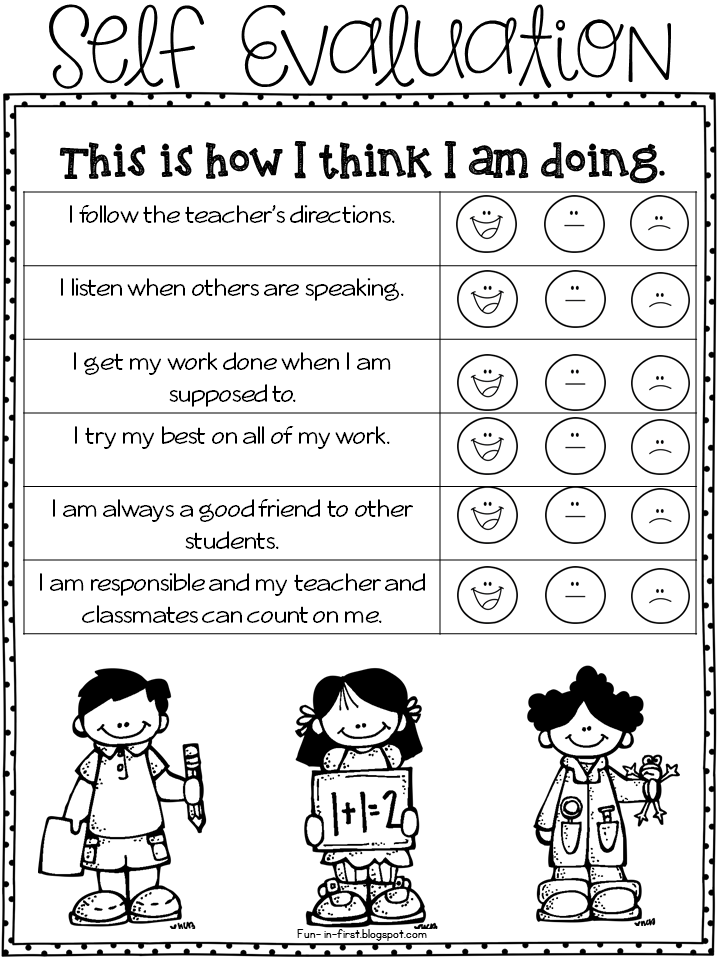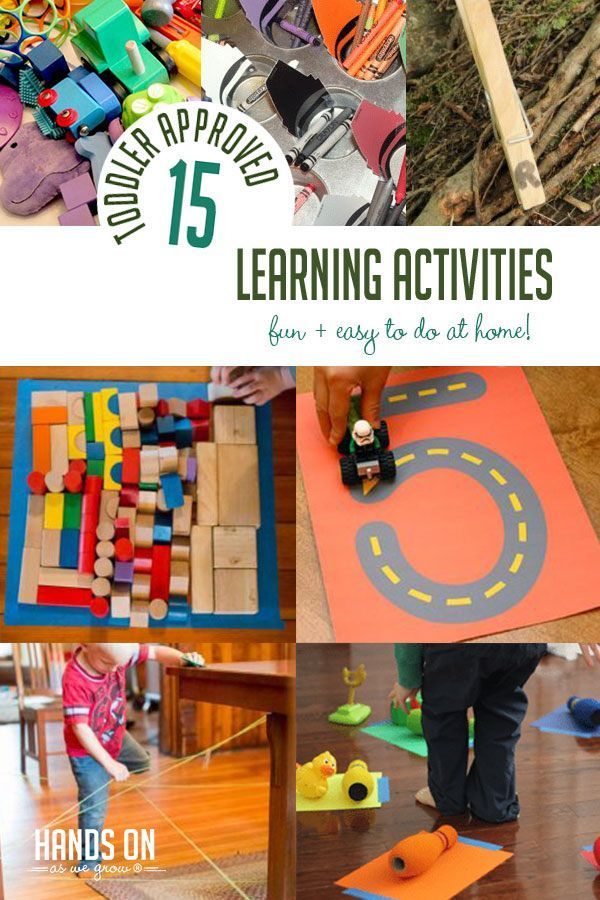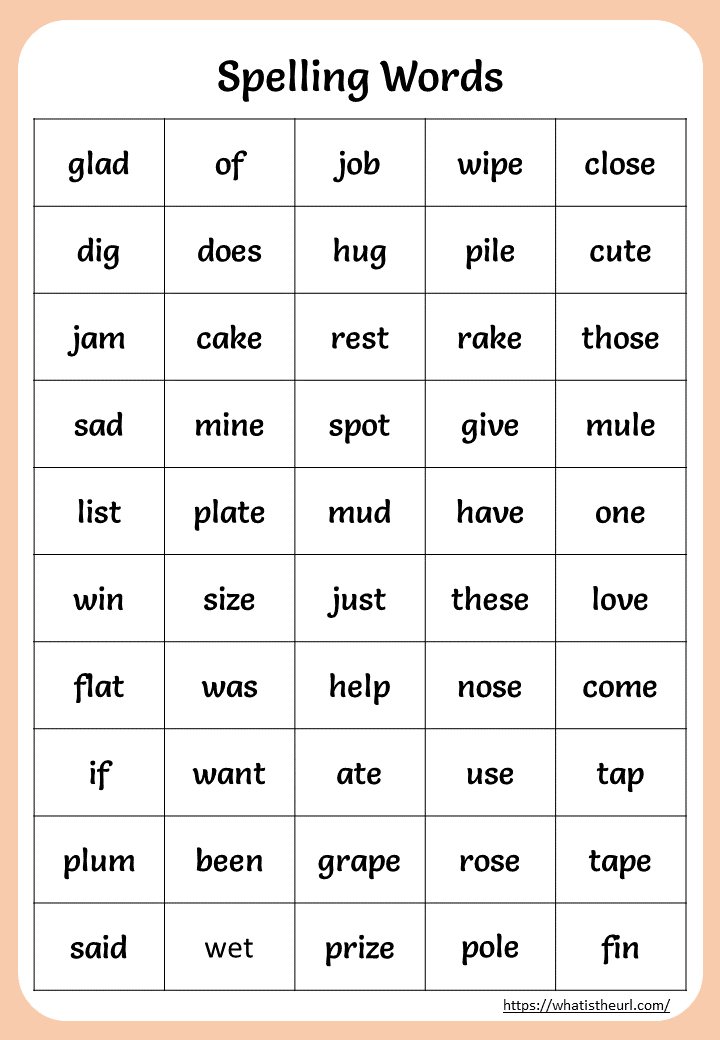Nightly routine ideas
23 Tips for Your Ideal Nighttime Routine
Trouble sleeping? You’re not alone. About 1 in 3 adults in the United States get less sleep than they should.
In the midst of the pandemic, you might have more time for sleep, but sleep quality might still take a hit, thanks to added anxiety and stress from loneliness, health worries, financial concerns, and other issues.
Nighttime routines also commonly factor into sleep quality, regardless of anything else happening in the world. Your activities during the evening hours can have a big impact on your ability to fall asleep and stay asleep each night.
Poor sleep can have plenty of health consequences, many of which you might worry about while lying awake. If you have trouble getting enough restful sleep on a regular basis, try exploring your pre-bedtime habits to identify potential problem areas and create a new routine that promotes better sleep.
Here are some tips to get you started.
A bedtime routine that includes a few steps toward preparing for the next day can have several advantages.
First, getting a head start on tomorrow’s to-do list gives you one (or two or three) fewer things to stress over as you try to fall asleep.
Having less to do in the morning can help you feel less rushed, making it easier to set aside a few minutes for morning meditation or a mindful breakfast that’ll start your day off right.
Take care of morning chores
If you struggle to get started in the morning, ask yourself what usually holds you up.
Maybe you spend a lot of time deciding on an outfit or never know where to find your keys. Perhaps you need a hearty breakfast to begin your morning but have to clear the sink of last night’s dishes first.
Setting aside 15 to 30 minutes every evening to prepare for the next day can help prevent hectic mornings and promote peace of mind as you get into bed.
To reduce bedtime stress and feel more relaxed in the morning, try taking care of these chores in the evening:
- Make your lunch for work or school.
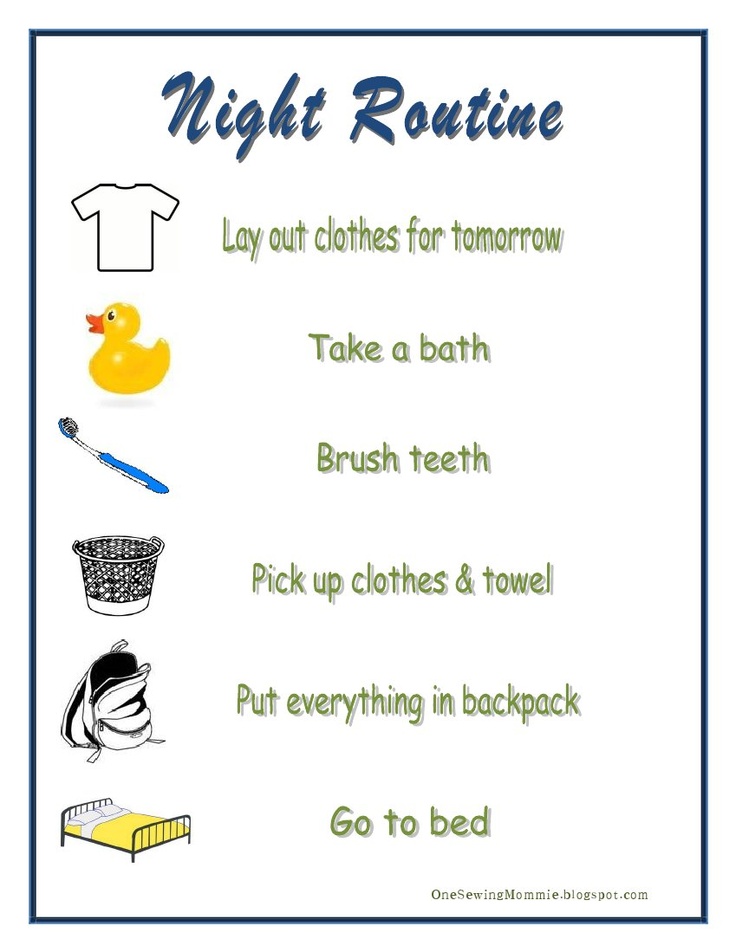
- Gather your essentials — think keys, wallet, sunglasses — in one spot.
- Wash the dishes.
- Set out your clothes for tomorrow.
Make a to-do list
There’s only so much you can do in preparation for tomorrow. But for everything else, there’s a list.
Spending just 5 minutes writing a to-do list each night can help you avoid the sleep-disrupting habit of thinking about everything you need to do as you’re trying to fall asleep.
A paper to-do list can free you from the urge to constantly run through a mental version. It can also help you feel more in control of tomorrow before it even begins.
Try journaling to relieve stress
A journal provides a space to express any concerns weighing on your mind, reducing the need to unpack them mentally in bed.
While journaling may not be enough to relieve severe anxiety or chronic stress, it can help reduce anxious thoughts. Physically writing about things stressing you out can help you visualize them leaving your mind and reinforce your sense of relief.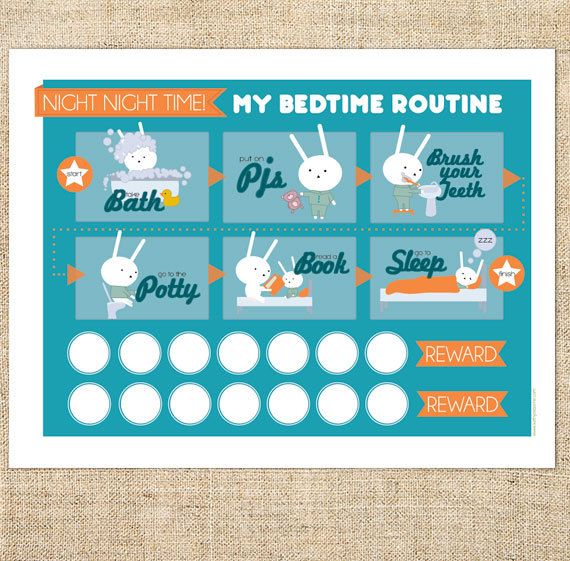
Writing about stress-provoking upcoming events (and noting a potential solution or two) may also help you feel more prepared to face them, which can ease anxiety.
You don’t have to wait until it’s lights-out to start winding down. Filling your evening hours with calming activities helps you avoid overstimulating your mind and body as the day draws to a close.
Cut off caffeine early
A regular post-lunch cold brew might help you make it through the day, but this caffeine boost can have consequences later.
Having caffeine even 6 hours before bedtime can disrupt your rest. If you often have trouble sleeping, try sticking to beverages without caffeine after lunch.
Avoid strenuous exercise
Yes, regular exercise can improve sleep, but you’re better off saving intense workouts for morning or afternoon.
Vigorous exercise shortly before bedtime raises your body temperature and heart rate, making it harder to fall asleep and potentially reducing the amount of sleep you get.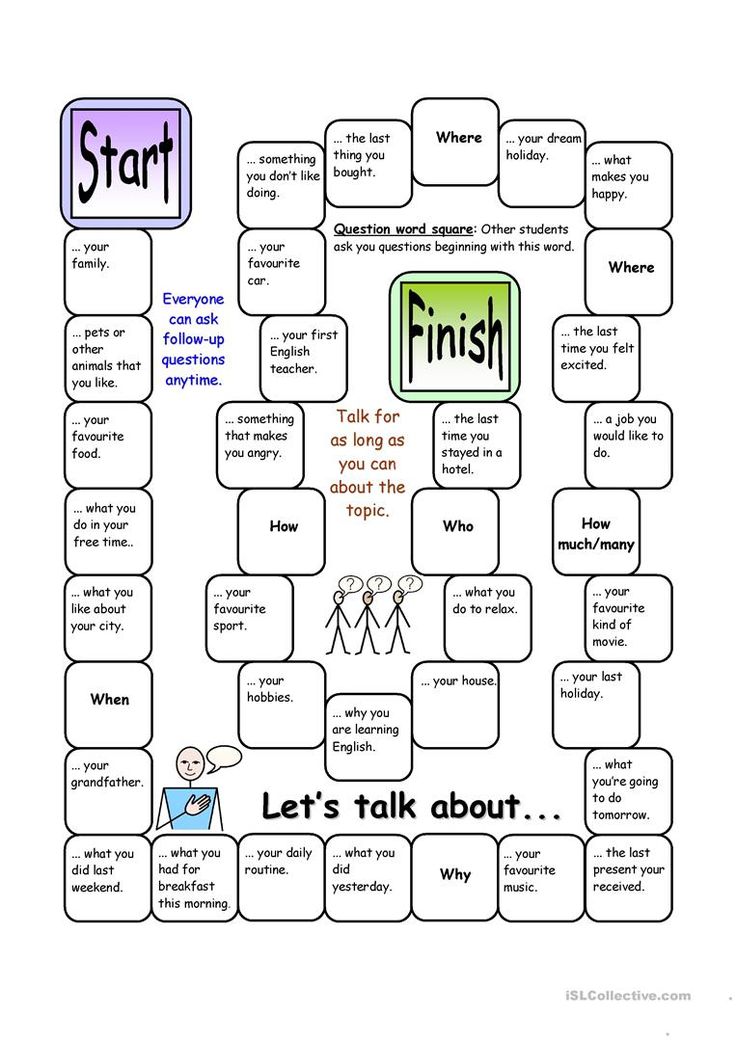
It’s perfectly fine to do light or moderate intensity exercise in the evening, though.
Instead of a run or heavy weightlifting session, try:
- stretching
- walking
- yoga
Just keep in mind that even with light exercise, it’s still best to wrap up an hour to 90 minutes before bedtime.
Meditate
A regular meditation practice can help you relax physically and mentally. Mindfulness meditation, in particular, may help improve your ability to release the day’s stress and tension in preparation for a good night’s sleep.
Focusing your awareness and sitting mindfully with your thoughts gives your body a chance to rest and relax. All those slow, deep breaths you’re taking? They cue your body to slow down at the same time.
Meditation can also help reduce behaviors that keep you up, like cycling through anxious thoughts.
Can’t meditate in the evening? Try these tips to make it a habit any time of day.
Put on some calming music
Playing soft, soothing music as you prepare for bed can trigger the release of hormones that help improve your mood.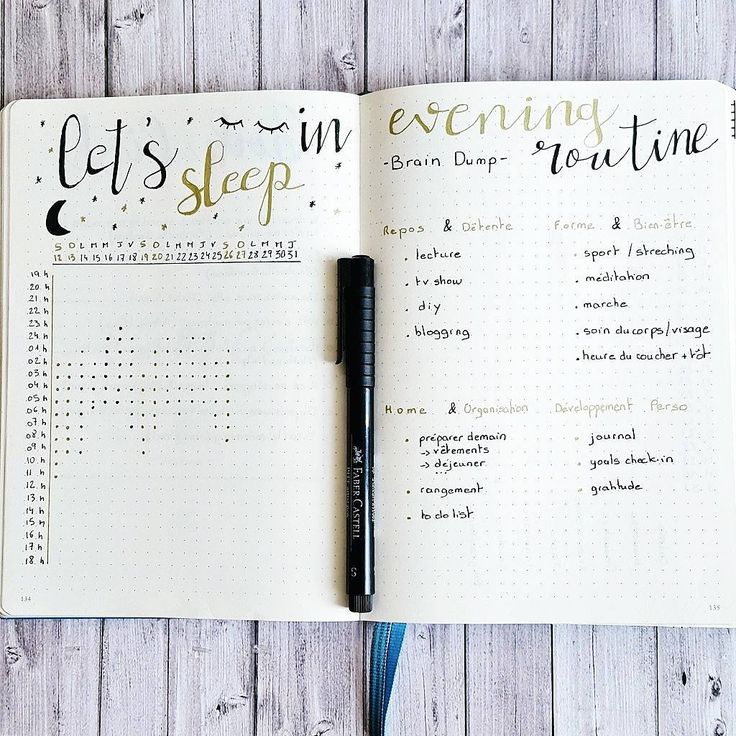 Feeling emotionally at peace can help your body feel calmer, too.
Feeling emotionally at peace can help your body feel calmer, too.
While music may help you fall asleep faster and get better sleep, make sure you stick with calming tunes. Energizing, upbeat music probably won’t have quite the effect you’re hoping for. For best results, try slow music without lyrics.
Change up your hobbies
Catching up on a favorite show at the end of a long day can feel relaxing, but try to avoid doing this within an hour or so of bedtime.
The blue light produced by electronic devices can confuse your brain, which links this light to daytime. If your brain thinks it’s time for you to be awake, it won’t tell your body to produce melatonin, a hormone that helps prepare you for sleep.
Using devices to scroll through social media, play games, watch videos, or chat with friends can also keep your brain active when you need it to start calming down.
Consider adding these activities to your nighttime routine instead:
- assembling jigsaw puzzles
- building models
- reading (but stick to paper books or an e-reader that gives off minimal light)
- drawing or coloring
- doing word or number puzzles
Create a family bedtime ritual
Connecting with loved ones — whether that’s your partner, children, or (good) roommates — can increase feelings of love, trust, and happiness.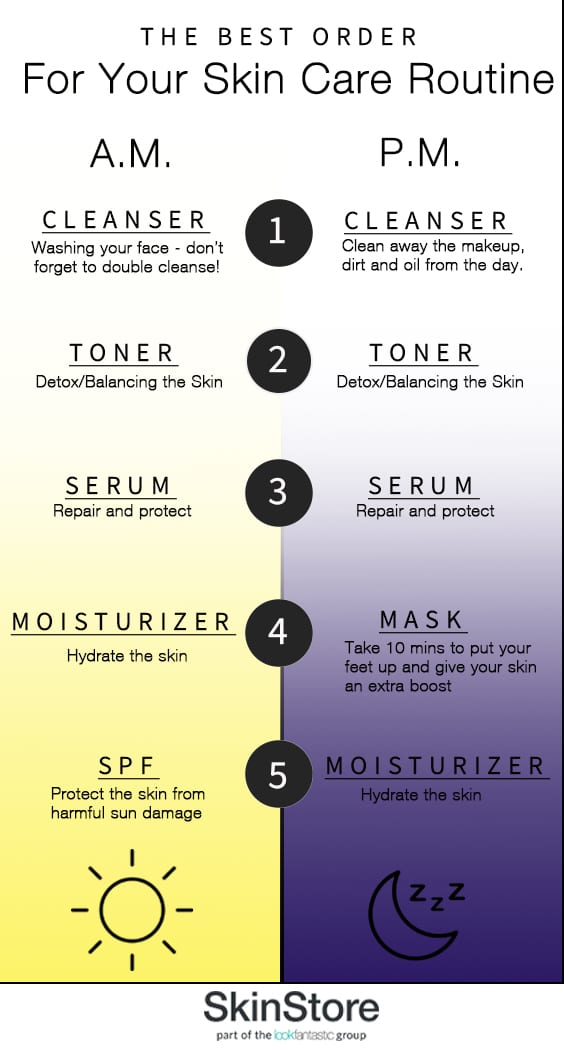
Generating these positive emotions just before bed can put you in a better mood, helping you feel more at ease when it’s time for bed.
Regardless of any other benefits, spending quality time with people you love can strengthen your bond and help lower stress.
Try:
- reading aloud to each other
- trading massages with your partner
- sharing highlights from your day
- cuddling or playing with pets
Make time for sex
Experts continue to explore the connection between sleep and sex, but evidence does suggest a potential link between sex before bed and improved sleep.
In one 2017 research survey, over 60 percent of the 282 adults who replied to the survey said their sleep improved after having an orgasm with a partner.
Oxytocin release during sex may be one explanation. The release of this “love hormone” can promote relaxation and a sense of well-being. Kissing and cuddling can also trigger oxytocin release, so any type of intimate contact before bed has benefit.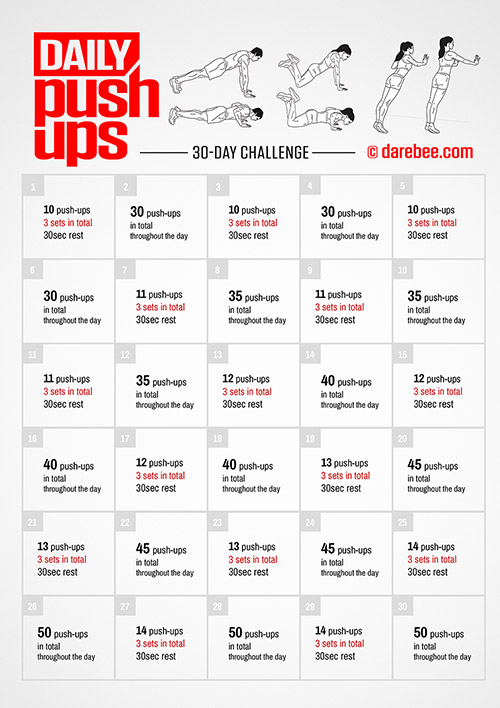
You don’t need a partner to add sex to your nighttime routine. Solo orgasms are a perfectly natural way to relax and get off to sleep more easily.
Make hygiene a ritual
It’s pretty normal for basic bedtime hygiene to happen on autopilot. But performing cleansing routines with more mindfulness than absentmindedness can help your brain and body tune in to your approaching bedtime.
Washing your face and showering can feel like boring chores you’d rather skip, but it’s possible to make these mundane tasks more pleasant and relaxing.
Build a ritural
- Instead of a quickly scrubbing your face, practice the 60-second rule. Gently wash your face for a full minute. Imagine washing away the stress of the long day as you cleanse your skin, or use a mantra or focused breathing to slow down.
- Take a hot bath. Research suggests that an hour or two before bed is ideal for a nighttime bath. If you’re sensitive to bubble bath or bath salts, create a relaxing atmosphere with scented candles.
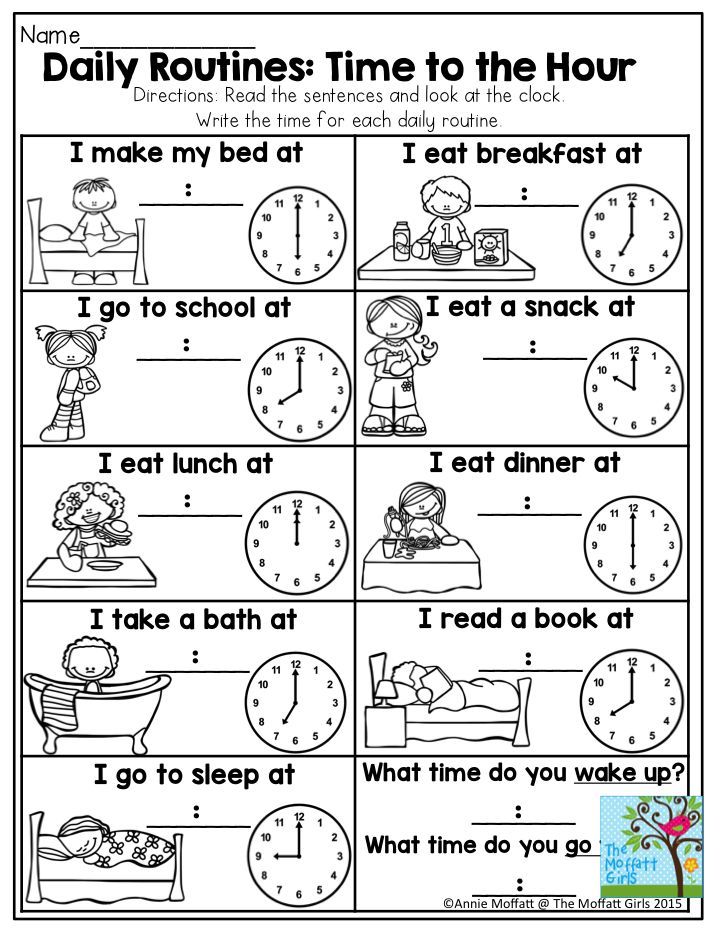
- Avoid bright lights. That bright overhead lighting in your bathroom? Not a great vibe for getting sleepy. Consider bringing some candles into the bathroom and doing your nightly routine with the lights off. For an added benefit, choose one with a calming scent, like lavender.
Don’t forget your teeth
Every nighttime routine should include 2 minutes for toothbrushing. Practicing mindfulness during this essential ritual can make it even more beneficial.
Set a timer for 2 minutes, then focus on your motions as you brush. Notice the sensation of the bristles on your teeth and the taste of the toothpaste.
Remind yourself of everything your teeth do for you. You might even try a mantra, such as “I’m grateful for my teeth.”
It’s also never a bad idea to revisit the basics of proper brushing.
Instead of simply switching off the lights at bedtime, try preparing your environment for sleep earlier in the evening. This gives your body time to adjust to the idea of sleep.
Dim the lights
Like electronics and the sun, electric lighting also produces blue light. Avoiding bright lights in the evening can help signal to your body that it should start preparing for sleep.
- Switch off bright overhead lights and turn on dimmer table lamps an hour or two before bed.
- Consider replacing lamp bulbs with ones that produce amber light.
Try aromatherapy
Calming fragrances, like lavender and cedarwood, can promote restful sleep.
To benefit from aromatherapy:
- Scent your bath with a few drops of essential oil.
- Place a diffuser containing essential oil in your bedroom.
- Use a few drops of essential oil on your pillow before bed.
Check your bedding
Clean sheets and fluffed pillows can make bed seem more inviting, and a comfortable bed can help you get better sleep.
Use season-appropriate sheets and blankets. Flannel sheets in the summer can make you too warm, and you might wake up sweaty and itchy.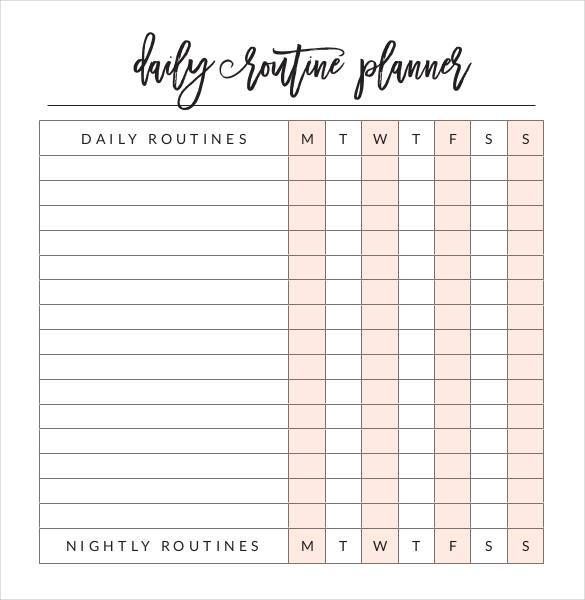
For year-round bedding, go for easily removable, light layers so you can make quick adjustments if you feel or cold during the night.
Shop our expert-verified products for achieving deeper sleep.
Update your pajamas
Changing into sleepwear can help your body feel more ready for bed, but choose your pajamas with care. How they feel on your body is more important than how they look.
Comfortable pajamas can make bedtime something to look forward to, while tight or uncomfortable sleepwear can keep you fidgeting under the covers.
Switch on a fan
A fan can play two important roles in your bedtime routine.
First, it cools off your bedroom. Keeping your room on the cooler side can help you stay comfortable despite normal body temperature changes that happen during sleep.
Fans also produce white noise, which can block out noises that might keep you up. Hearing that low hum can help increase your confidence that you’ll sleep well, even if your roommate ends up arguing with their partner in the middle of the night.
Now that you’ve wound down and hopped into bed, how to drift off to sleep?
Think peaceful thoughts
Fixating on worrisome thoughts can keep you awake and stressed. Instead, try focusing on positive things that happened that day or events you’re looking forward to.
Some people also find listing a few things they’re grateful for promotes positive feelings and inner calm.
It may also help to repeat a soothing mantra, such as “I feel relaxed” or “I’m drifting off to sleep.”
Try visualization
You can use visualization (guided imagery) to create restful scenes in your mind and distract yourself from any worries creeping into your thoughts.
You might imagine a quiet beach with waves brushing against the shore, a sunlit forest, or a hammock under the stars.
Picture this landscape in vivid detail, imagining how relaxed and calm you feel. You can even put yourself into the image, breathing slowly and peacefully as you relax in your chosen environment.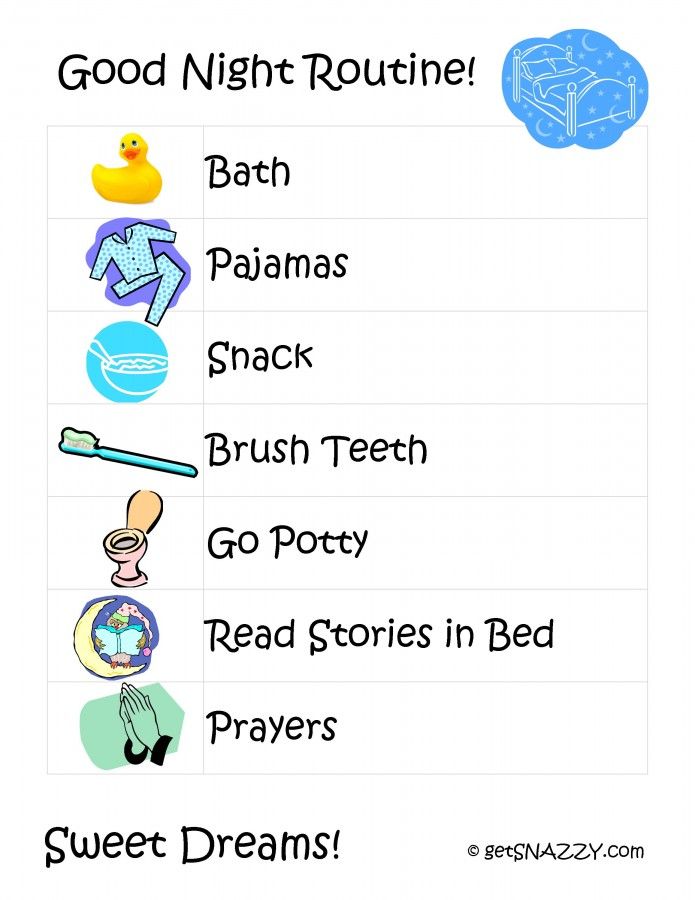
Relax your muscles
Relaxation techniques such as progressive muscle relaxation often help improve sleep. Beyond its potential sleep benefits, progressive muscle relaxation can also help relieve pain.
Here’s how to give it a try:
- Slowly tense one group of muscles.
- Hold the tension for 5 seconds, releasing on a slow exhale.
- Relax for 10 seconds.
- Move to the next muscle group.
Find more detailed steps for muscle relaxation here.
Accept wakefulness instead of fighting it
Not getting enough sleep can make you miserable, but fretting over your exhaustion and the precious sleep you’re missing won’t do you any favors.
Instead, try to accept that it’s just one of those nights and focus on reframing your thoughts.
You might tell yourself, for example:
- “I’m still awake now, but I’ll drift off eventually. I always do.”
- “Maybe I’ll be a little tired in the morning, but I’ll probably fall asleep right away tomorrow night.
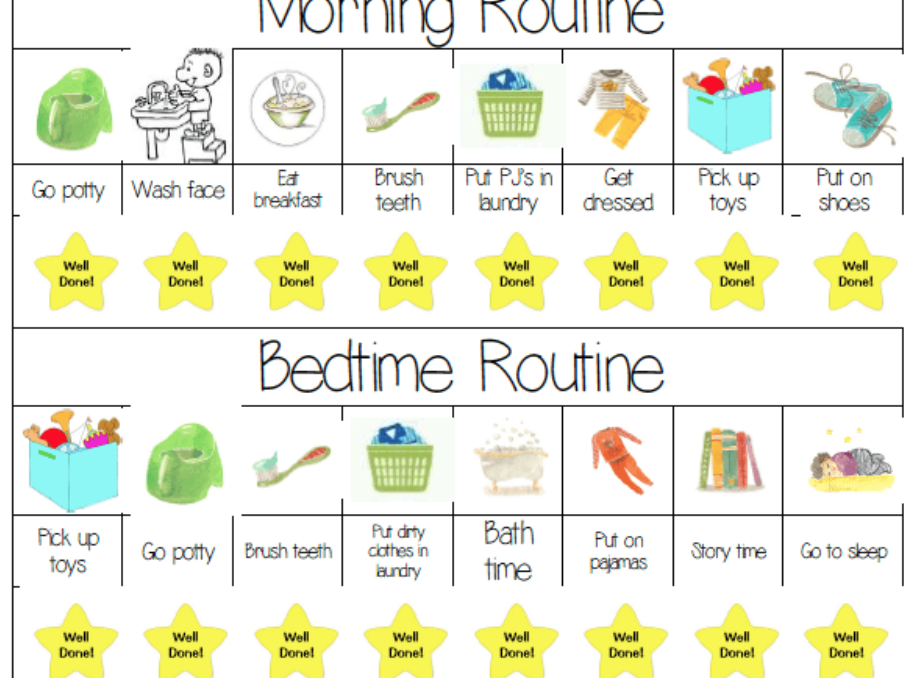 ”
” - “I’m going to need an extra pick-me-up tomorrow, so I’ll treat myself to a good lunch.”
There’s not really a right or wrong answer when it comes to building a nighttime routine, but there are a couple things you’ll want to avoid if you can.
Lying awake
If you feel wide awake after about 20 minutes — whether you’re trying to fall asleep or just woke up in the middle of the night — get up and do a quiet activity, like reading.
Avoid turning on bright lights or doing anything too stimulating. Once you start feeling sleepy again, go back to bed.
Sleeping too long
Too much sleep is a thing. Most people should aim for 7 to 9 hours of sleep each night.
You should stick to the same sleep routine, even on vacations and weekends, since sleeping late some days can throw off your internal clock.
Any adjustments should stay within an hour of your usual sleep and wake times.
Good sleep is a key factor in mind and body wellness, but it can be hard to come by.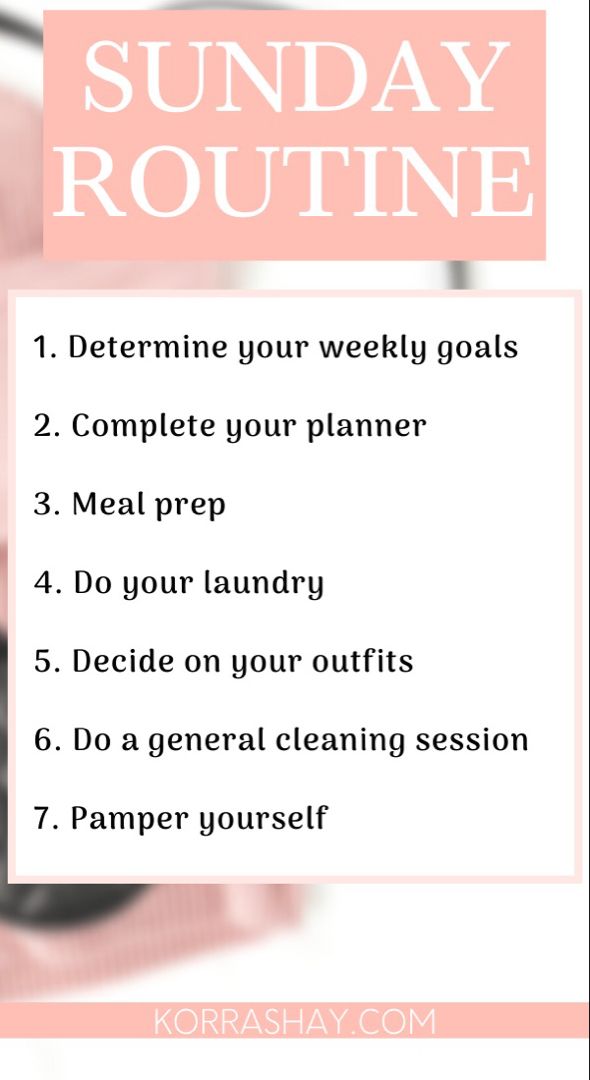 A personalized nighttime routine can help you get better sleep, allowing you to wake up refreshed and ready to take on the day.
A personalized nighttime routine can help you get better sleep, allowing you to wake up refreshed and ready to take on the day.
If a new nighttime routine doesn’t have much effect on sleep quality, talking to your healthcare provider is a good next step to make sure there isn’t an underlying health issue contributing to your sleep issues.
Crystal Raypole has previously worked as a writer and editor for GoodTherapy. Her fields of interest include Asian languages and literature, Japanese translation, cooking, natural sciences, sex positivity, and mental health. In particular, she’s committed to helping decrease stigma around mental health issues.
23 Tips for Your Ideal Nighttime Routine
Trouble sleeping? You’re not alone. About 1 in 3 adults in the United States get less sleep than they should.
In the midst of the pandemic, you might have more time for sleep, but sleep quality might still take a hit, thanks to added anxiety and stress from loneliness, health worries, financial concerns, and other issues.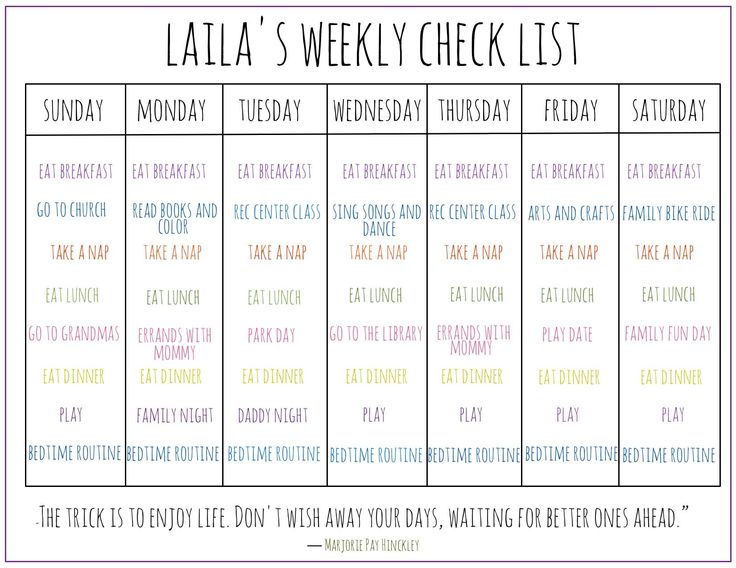
Nighttime routines also commonly factor into sleep quality, regardless of anything else happening in the world. Your activities during the evening hours can have a big impact on your ability to fall asleep and stay asleep each night.
Poor sleep can have plenty of health consequences, many of which you might worry about while lying awake. If you have trouble getting enough restful sleep on a regular basis, try exploring your pre-bedtime habits to identify potential problem areas and create a new routine that promotes better sleep.
Here are some tips to get you started.
A bedtime routine that includes a few steps toward preparing for the next day can have several advantages.
First, getting a head start on tomorrow’s to-do list gives you one (or two or three) fewer things to stress over as you try to fall asleep.
Having less to do in the morning can help you feel less rushed, making it easier to set aside a few minutes for morning meditation or a mindful breakfast that’ll start your day off right.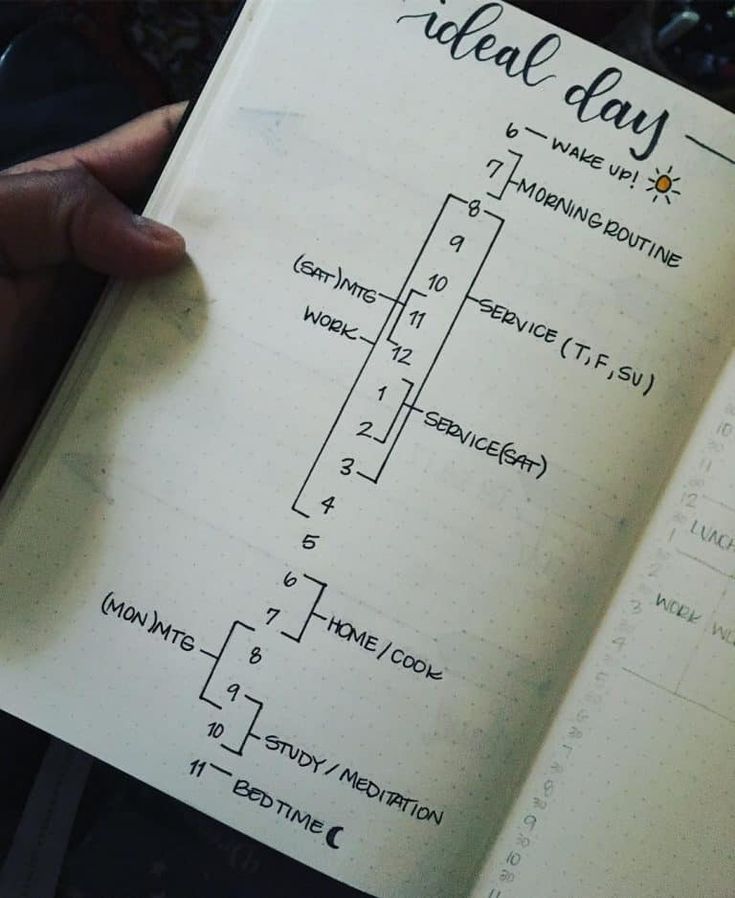
Take care of morning chores
If you struggle to get started in the morning, ask yourself what usually holds you up.
Maybe you spend a lot of time deciding on an outfit or never know where to find your keys. Perhaps you need a hearty breakfast to begin your morning but have to clear the sink of last night’s dishes first.
Setting aside 15 to 30 minutes every evening to prepare for the next day can help prevent hectic mornings and promote peace of mind as you get into bed.
To reduce bedtime stress and feel more relaxed in the morning, try taking care of these chores in the evening:
- Make your lunch for work or school.
- Gather your essentials — think keys, wallet, sunglasses — in one spot.
- Wash the dishes.
- Set out your clothes for tomorrow.
Make a to-do list
There’s only so much you can do in preparation for tomorrow. But for everything else, there’s a list.
Spending just 5 minutes writing a to-do list each night can help you avoid the sleep-disrupting habit of thinking about everything you need to do as you’re trying to fall asleep.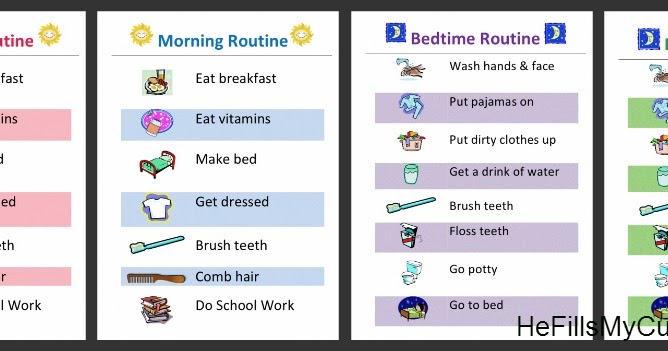
A paper to-do list can free you from the urge to constantly run through a mental version. It can also help you feel more in control of tomorrow before it even begins.
Try journaling to relieve stress
A journal provides a space to express any concerns weighing on your mind, reducing the need to unpack them mentally in bed.
While journaling may not be enough to relieve severe anxiety or chronic stress, it can help reduce anxious thoughts. Physically writing about things stressing you out can help you visualize them leaving your mind and reinforce your sense of relief.
Writing about stress-provoking upcoming events (and noting a potential solution or two) may also help you feel more prepared to face them, which can ease anxiety.
You don’t have to wait until it’s lights-out to start winding down. Filling your evening hours with calming activities helps you avoid overstimulating your mind and body as the day draws to a close.
Cut off caffeine early
A regular post-lunch cold brew might help you make it through the day, but this caffeine boost can have consequences later.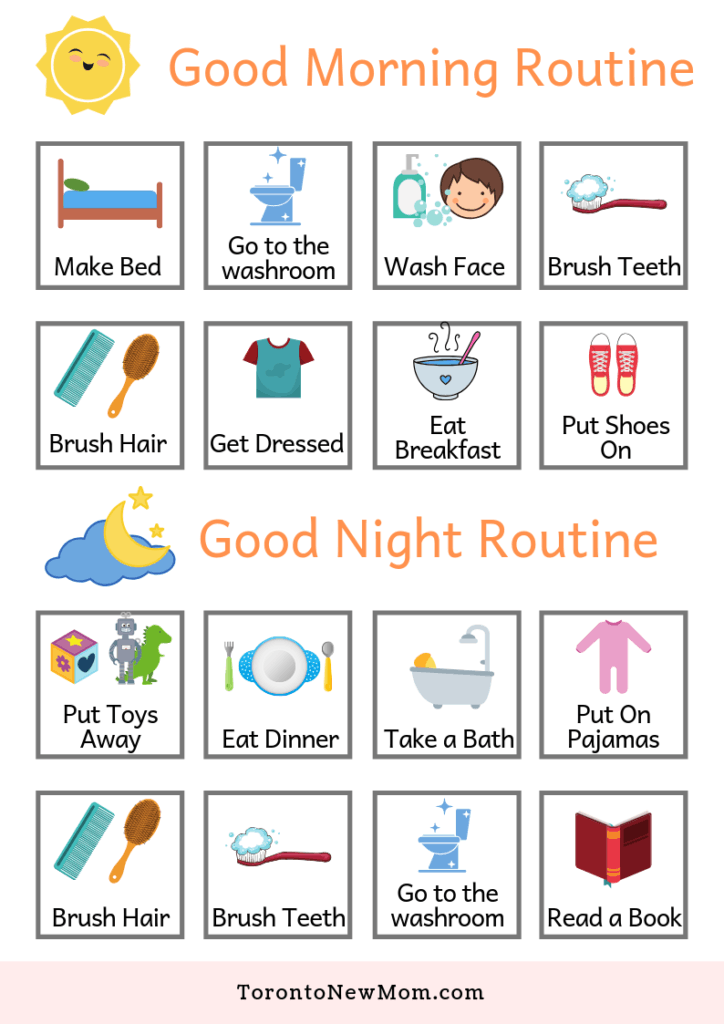
Having caffeine even 6 hours before bedtime can disrupt your rest. If you often have trouble sleeping, try sticking to beverages without caffeine after lunch.
Avoid strenuous exercise
Yes, regular exercise can improve sleep, but you’re better off saving intense workouts for morning or afternoon.
Vigorous exercise shortly before bedtime raises your body temperature and heart rate, making it harder to fall asleep and potentially reducing the amount of sleep you get.
It’s perfectly fine to do light or moderate intensity exercise in the evening, though.
Instead of a run or heavy weightlifting session, try:
- stretching
- walking
- yoga
Just keep in mind that even with light exercise, it’s still best to wrap up an hour to 90 minutes before bedtime.
Meditate
A regular meditation practice can help you relax physically and mentally. Mindfulness meditation, in particular, may help improve your ability to release the day’s stress and tension in preparation for a good night’s sleep.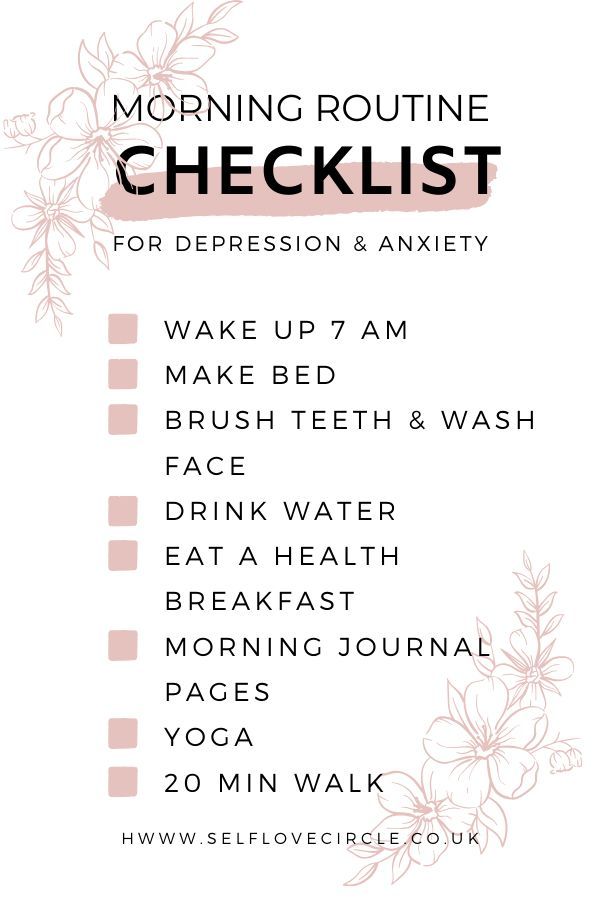
Focusing your awareness and sitting mindfully with your thoughts gives your body a chance to rest and relax. All those slow, deep breaths you’re taking? They cue your body to slow down at the same time.
Meditation can also help reduce behaviors that keep you up, like cycling through anxious thoughts.
Can’t meditate in the evening? Try these tips to make it a habit any time of day.
Put on some calming music
Playing soft, soothing music as you prepare for bed can trigger the release of hormones that help improve your mood. Feeling emotionally at peace can help your body feel calmer, too.
While music may help you fall asleep faster and get better sleep, make sure you stick with calming tunes. Energizing, upbeat music probably won’t have quite the effect you’re hoping for. For best results, try slow music without lyrics.
Change up your hobbies
Catching up on a favorite show at the end of a long day can feel relaxing, but try to avoid doing this within an hour or so of bedtime.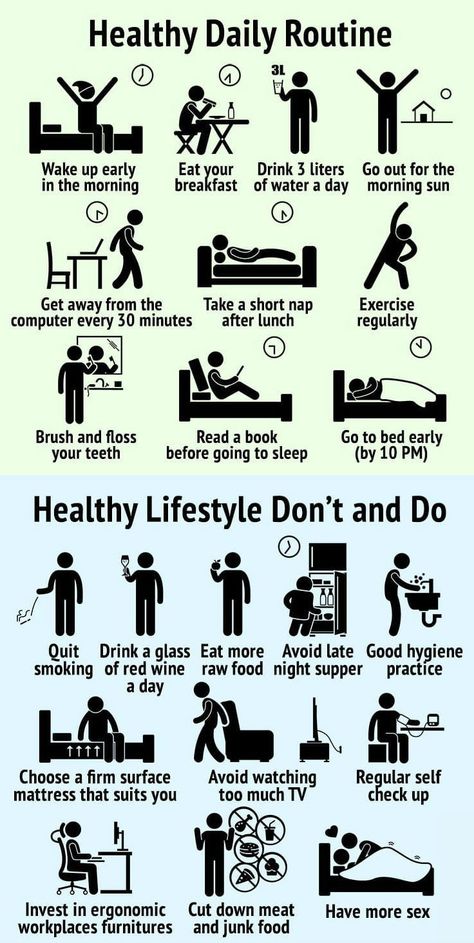
The blue light produced by electronic devices can confuse your brain, which links this light to daytime. If your brain thinks it’s time for you to be awake, it won’t tell your body to produce melatonin, a hormone that helps prepare you for sleep.
Using devices to scroll through social media, play games, watch videos, or chat with friends can also keep your brain active when you need it to start calming down.
Consider adding these activities to your nighttime routine instead:
- assembling jigsaw puzzles
- building models
- reading (but stick to paper books or an e-reader that gives off minimal light)
- drawing or coloring
- doing word or number puzzles
Create a family bedtime ritual
Connecting with loved ones — whether that’s your partner, children, or (good) roommates — can increase feelings of love, trust, and happiness.
Generating these positive emotions just before bed can put you in a better mood, helping you feel more at ease when it’s time for bed.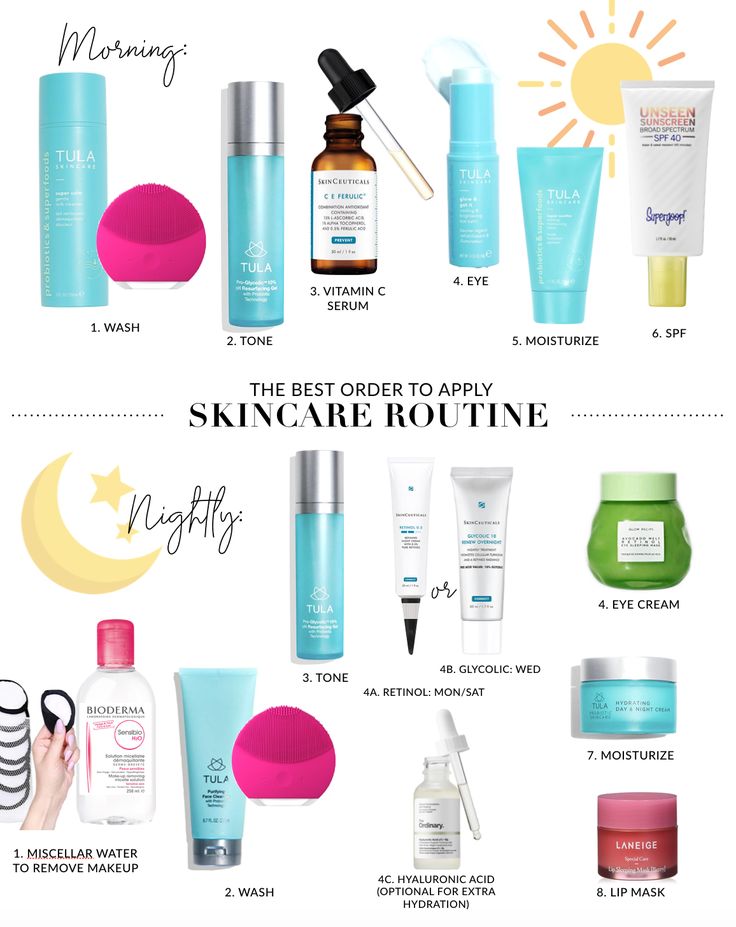
Regardless of any other benefits, spending quality time with people you love can strengthen your bond and help lower stress.
Try:
- reading aloud to each other
- trading massages with your partner
- sharing highlights from your day
- cuddling or playing with pets
Make time for sex
Experts continue to explore the connection between sleep and sex, but evidence does suggest a potential link between sex before bed and improved sleep.
In one 2017 research survey, over 60 percent of the 282 adults who replied to the survey said their sleep improved after having an orgasm with a partner.
Oxytocin release during sex may be one explanation. The release of this “love hormone” can promote relaxation and a sense of well-being. Kissing and cuddling can also trigger oxytocin release, so any type of intimate contact before bed has benefit.
You don’t need a partner to add sex to your nighttime routine. Solo orgasms are a perfectly natural way to relax and get off to sleep more easily.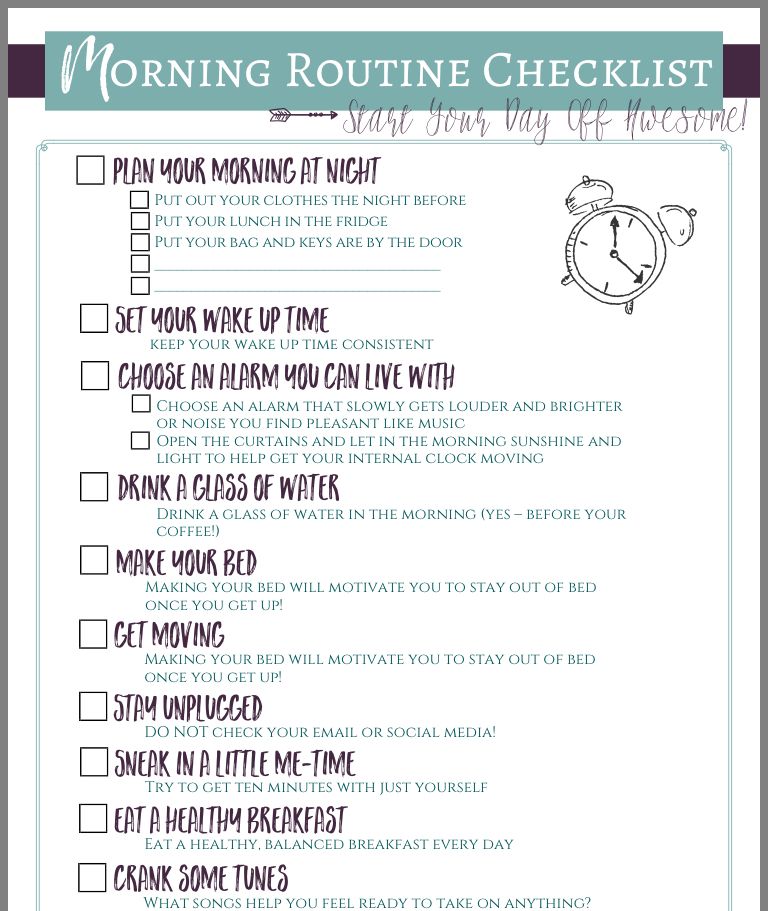
Make hygiene a ritual
It’s pretty normal for basic bedtime hygiene to happen on autopilot. But performing cleansing routines with more mindfulness than absentmindedness can help your brain and body tune in to your approaching bedtime.
Washing your face and showering can feel like boring chores you’d rather skip, but it’s possible to make these mundane tasks more pleasant and relaxing.
Build a ritural
- Instead of a quickly scrubbing your face, practice the 60-second rule. Gently wash your face for a full minute. Imagine washing away the stress of the long day as you cleanse your skin, or use a mantra or focused breathing to slow down.
- Take a hot bath. Research suggests that an hour or two before bed is ideal for a nighttime bath. If you’re sensitive to bubble bath or bath salts, create a relaxing atmosphere with scented candles.
- Avoid bright lights. That bright overhead lighting in your bathroom? Not a great vibe for getting sleepy.
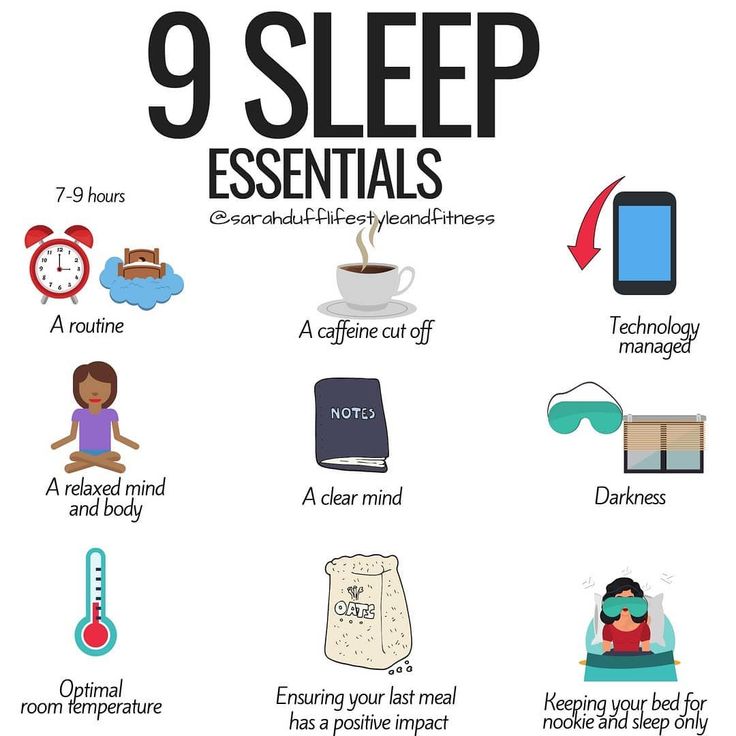 Consider bringing some candles into the bathroom and doing your nightly routine with the lights off. For an added benefit, choose one with a calming scent, like lavender.
Consider bringing some candles into the bathroom and doing your nightly routine with the lights off. For an added benefit, choose one with a calming scent, like lavender.
Don’t forget your teeth
Every nighttime routine should include 2 minutes for toothbrushing. Practicing mindfulness during this essential ritual can make it even more beneficial.
Set a timer for 2 minutes, then focus on your motions as you brush. Notice the sensation of the bristles on your teeth and the taste of the toothpaste.
Remind yourself of everything your teeth do for you. You might even try a mantra, such as “I’m grateful for my teeth.”
It’s also never a bad idea to revisit the basics of proper brushing.
Instead of simply switching off the lights at bedtime, try preparing your environment for sleep earlier in the evening. This gives your body time to adjust to the idea of sleep.
Dim the lights
Like electronics and the sun, electric lighting also produces blue light.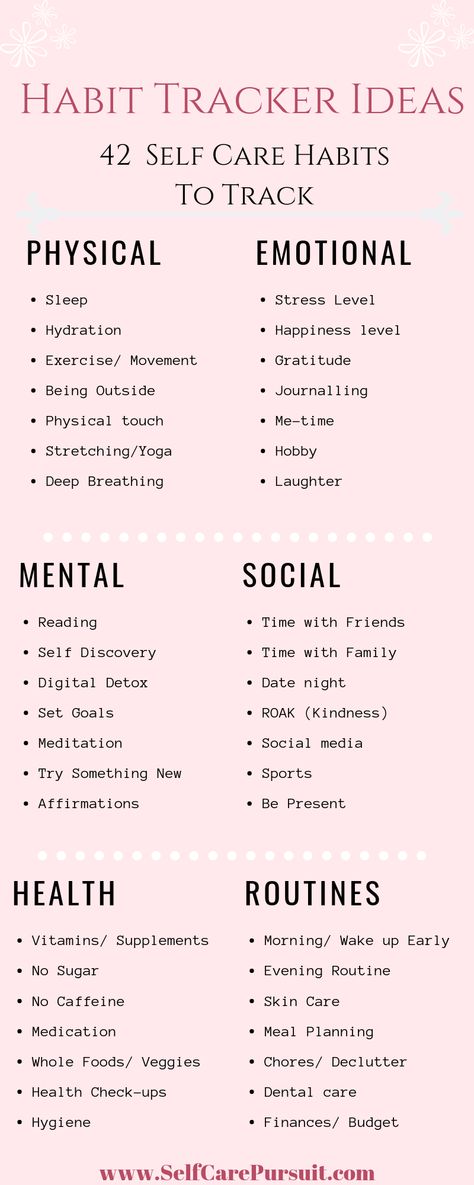 Avoiding bright lights in the evening can help signal to your body that it should start preparing for sleep.
Avoiding bright lights in the evening can help signal to your body that it should start preparing for sleep.
- Switch off bright overhead lights and turn on dimmer table lamps an hour or two before bed.
- Consider replacing lamp bulbs with ones that produce amber light.
Try aromatherapy
Calming fragrances, like lavender and cedarwood, can promote restful sleep.
To benefit from aromatherapy:
- Scent your bath with a few drops of essential oil.
- Place a diffuser containing essential oil in your bedroom.
- Use a few drops of essential oil on your pillow before bed.
Check your bedding
Clean sheets and fluffed pillows can make bed seem more inviting, and a comfortable bed can help you get better sleep.
Use season-appropriate sheets and blankets. Flannel sheets in the summer can make you too warm, and you might wake up sweaty and itchy.
For year-round bedding, go for easily removable, light layers so you can make quick adjustments if you feel or cold during the night.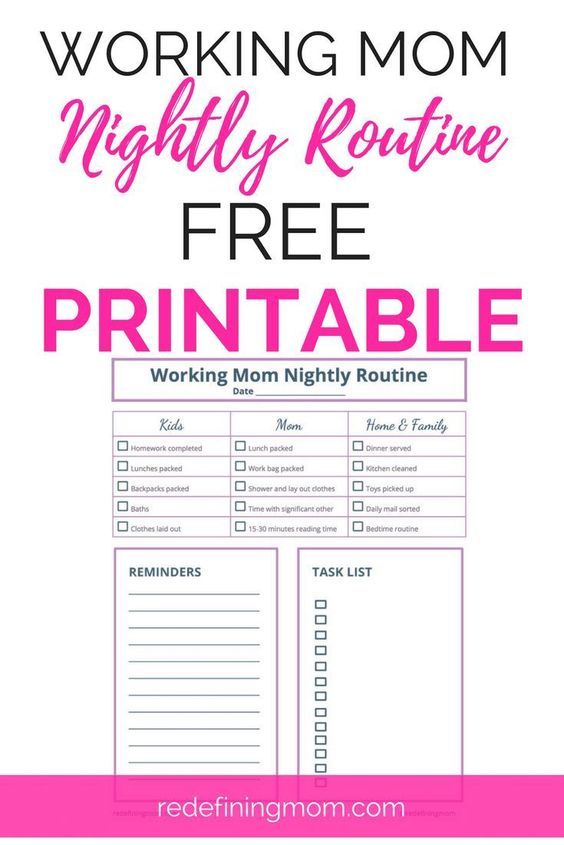
Shop our expert-verified products for achieving deeper sleep.
Update your pajamas
Changing into sleepwear can help your body feel more ready for bed, but choose your pajamas with care. How they feel on your body is more important than how they look.
Comfortable pajamas can make bedtime something to look forward to, while tight or uncomfortable sleepwear can keep you fidgeting under the covers.
Switch on a fan
A fan can play two important roles in your bedtime routine.
First, it cools off your bedroom. Keeping your room on the cooler side can help you stay comfortable despite normal body temperature changes that happen during sleep.
Fans also produce white noise, which can block out noises that might keep you up. Hearing that low hum can help increase your confidence that you’ll sleep well, even if your roommate ends up arguing with their partner in the middle of the night.
Now that you’ve wound down and hopped into bed, how to drift off to sleep?
Think peaceful thoughts
Fixating on worrisome thoughts can keep you awake and stressed.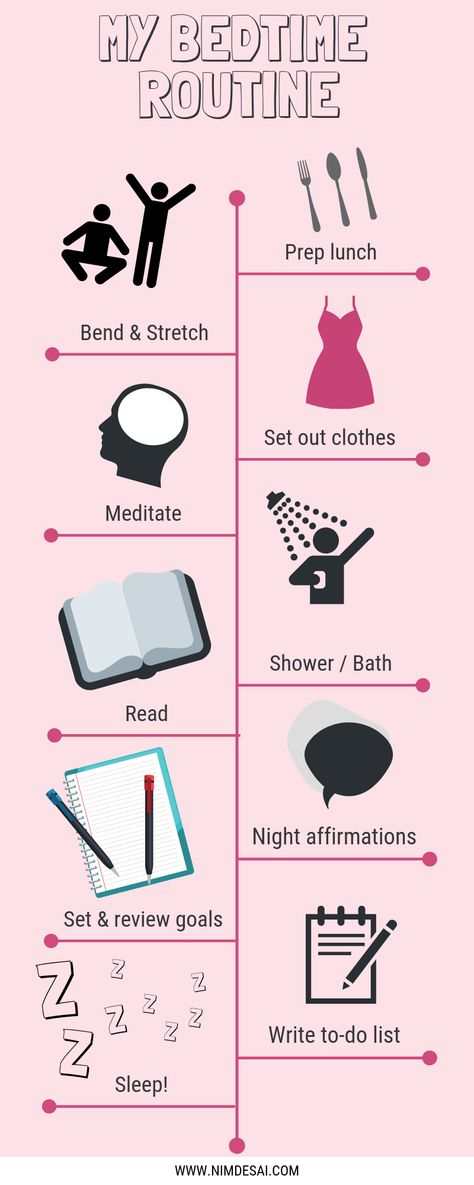 Instead, try focusing on positive things that happened that day or events you’re looking forward to.
Instead, try focusing on positive things that happened that day or events you’re looking forward to.
Some people also find listing a few things they’re grateful for promotes positive feelings and inner calm.
It may also help to repeat a soothing mantra, such as “I feel relaxed” or “I’m drifting off to sleep.”
Try visualization
You can use visualization (guided imagery) to create restful scenes in your mind and distract yourself from any worries creeping into your thoughts.
You might imagine a quiet beach with waves brushing against the shore, a sunlit forest, or a hammock under the stars.
Picture this landscape in vivid detail, imagining how relaxed and calm you feel. You can even put yourself into the image, breathing slowly and peacefully as you relax in your chosen environment.
Relax your muscles
Relaxation techniques such as progressive muscle relaxation often help improve sleep. Beyond its potential sleep benefits, progressive muscle relaxation can also help relieve pain.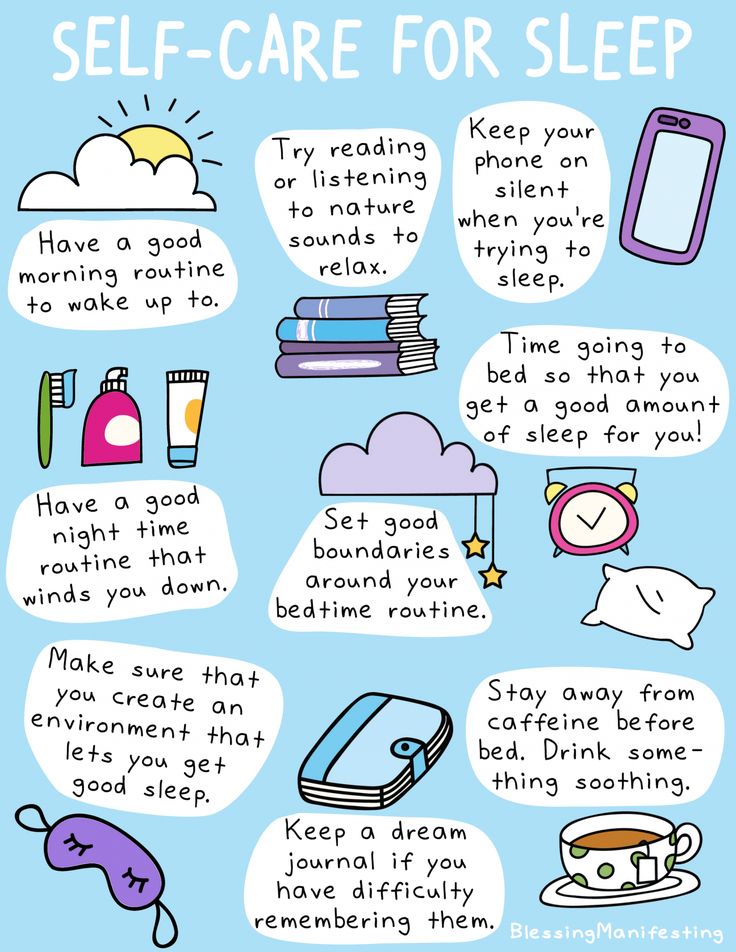
Here’s how to give it a try:
- Slowly tense one group of muscles.
- Hold the tension for 5 seconds, releasing on a slow exhale.
- Relax for 10 seconds.
- Move to the next muscle group.
Find more detailed steps for muscle relaxation here.
Accept wakefulness instead of fighting it
Not getting enough sleep can make you miserable, but fretting over your exhaustion and the precious sleep you’re missing won’t do you any favors.
Instead, try to accept that it’s just one of those nights and focus on reframing your thoughts.
You might tell yourself, for example:
- “I’m still awake now, but I’ll drift off eventually. I always do.”
- “Maybe I’ll be a little tired in the morning, but I’ll probably fall asleep right away tomorrow night.”
- “I’m going to need an extra pick-me-up tomorrow, so I’ll treat myself to a good lunch.”
There’s not really a right or wrong answer when it comes to building a nighttime routine, but there are a couple things you’ll want to avoid if you can.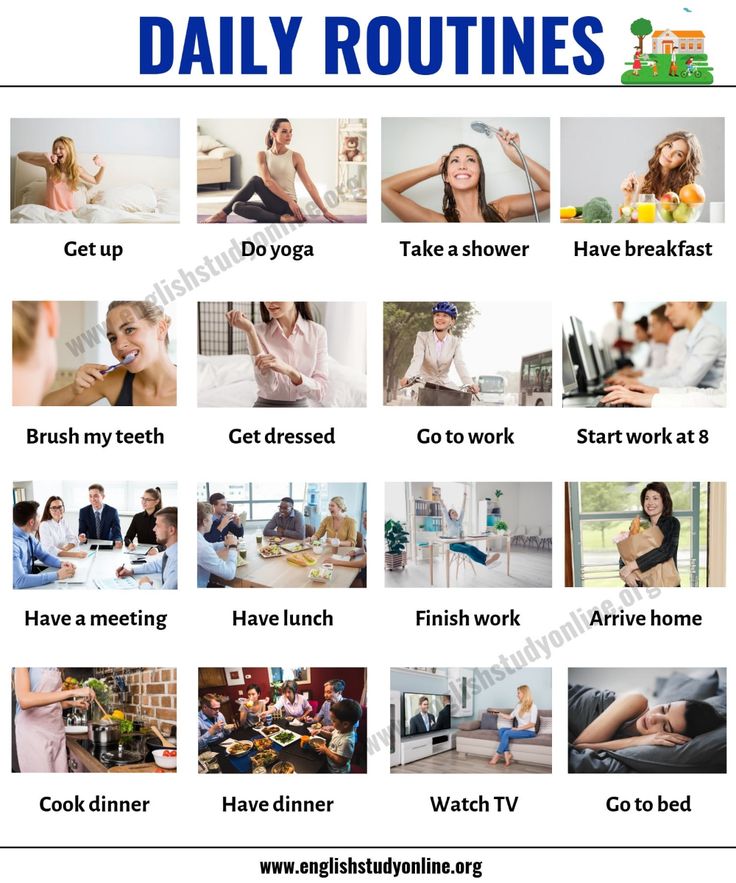
Lying awake
If you feel wide awake after about 20 minutes — whether you’re trying to fall asleep or just woke up in the middle of the night — get up and do a quiet activity, like reading.
Avoid turning on bright lights or doing anything too stimulating. Once you start feeling sleepy again, go back to bed.
Sleeping too long
Too much sleep is a thing. Most people should aim for 7 to 9 hours of sleep each night.
You should stick to the same sleep routine, even on vacations and weekends, since sleeping late some days can throw off your internal clock.
Any adjustments should stay within an hour of your usual sleep and wake times.
Good sleep is a key factor in mind and body wellness, but it can be hard to come by. A personalized nighttime routine can help you get better sleep, allowing you to wake up refreshed and ready to take on the day.
If a new nighttime routine doesn’t have much effect on sleep quality, talking to your healthcare provider is a good next step to make sure there isn’t an underlying health issue contributing to your sleep issues.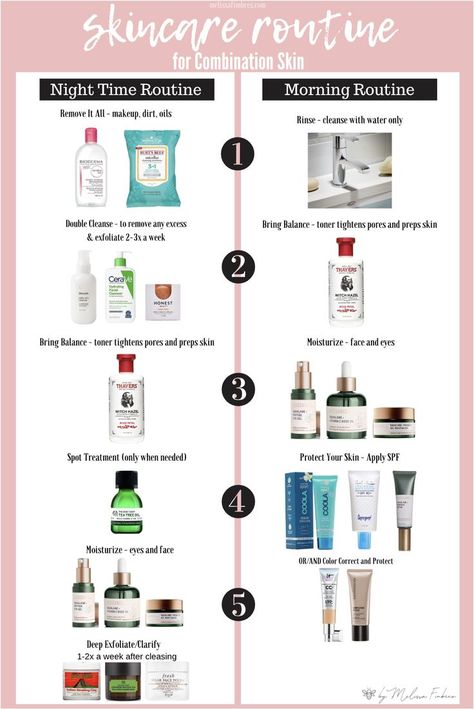
Crystal Raypole has previously worked as a writer and editor for GoodTherapy. Her fields of interest include Asian languages and literature, Japanese translation, cooking, natural sciences, sex positivity, and mental health. In particular, she’s committed to helping decrease stigma around mental health issues.
List of 30 Tech Startup Ideas
Do you dream of being an entrepreneur and want your product, but haven't decided on a million dollar idea yet? Put aside the excitement. Now it is important not to come up with a unique product, but to solve the user's problem. App development for a startup is a process that is important to understand in advance in order to find an experienced development team and understand how to promote your product.
COVID-19 has shown how many things you can do online. There are two ways to realize business ambitions:
- create a new product to solve an existing problem
- become a startup and make your own product
We prepared a list of Internet startup ideas and told how to check the idea for relevance and determine the direction to start “doing”, and not just “ dream".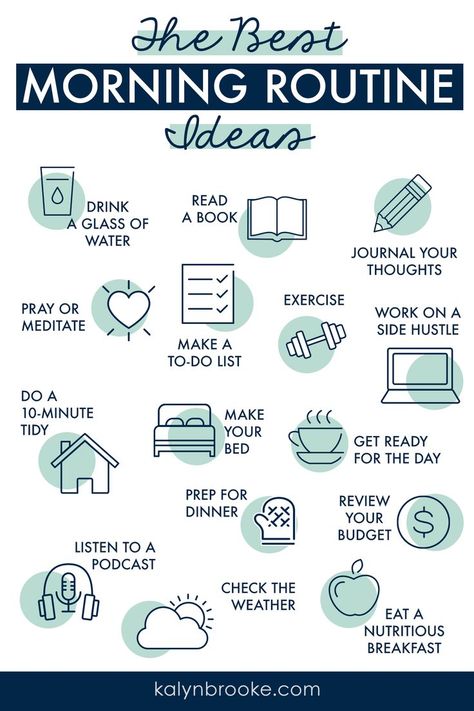 For convenience, they divided everything into niches.
For convenience, they divided everything into niches.
Internet of Things
Many of them have some kind of smart device. For example, with a smart watch, you can track health indicators, and with a smart air conditioner, you can ventilate the room before you get there. But now, the IoT is evolving to the point of easing pressures in many areas of our lives.
Lead by example: Vendify is an app for smart refrigerators. Customers came to us with an idea: the user goes to the refrigerator, scans the QR code on it and looks at the available products. Then he selects the necessary products, opens the refrigerator, picks up the products and does not think about payment - the application debits the money from the card on its own. And that's it. And no queues.
What other ideas for technology start-ups are there in this area?
1) Patient monitoring
Remote patient monitoring is one of the hottest ideas for a healthcare tech startup.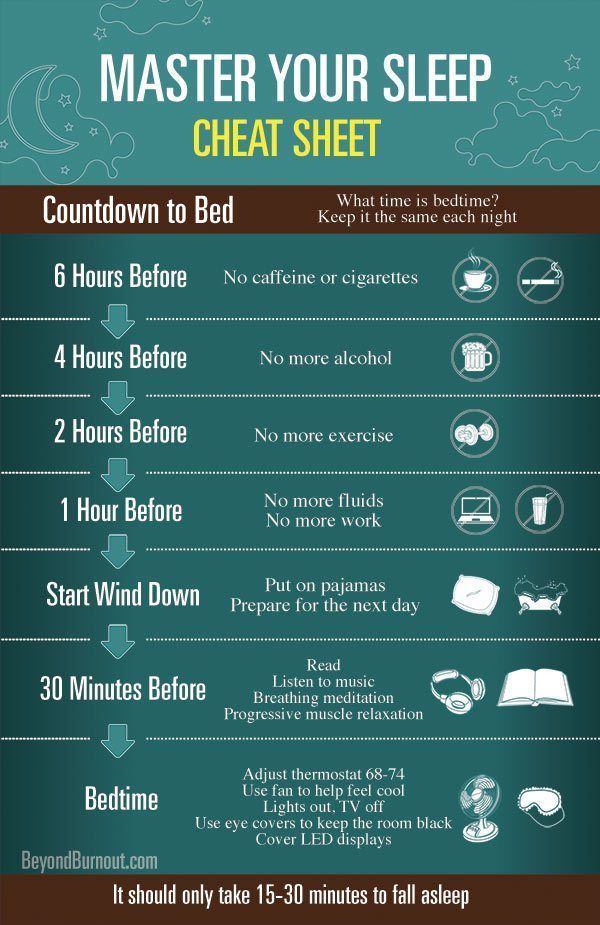 It is impossible to cure chronic diseases, and there will not be enough resources to put a doctor to monitor each patient. The device will measure, display and record blood pressure, temperature, pulse rate and respiration rate. And if any of the indicators goes beyond the norm, the device will inform the doctor about it.
It is impossible to cure chronic diseases, and there will not be enough resources to put a doctor to monitor each patient. The device will measure, display and record blood pressure, temperature, pulse rate and respiration rate. And if any of the indicators goes beyond the norm, the device will inform the doctor about it.
2) Smart sensors in production
IoT devices can monitor production processes. In this way, it will be possible to quickly find out the reasons for product quality deficiencies and delivery delays. About 35% of manufacturing companies in the US https://hackernoon.com/how-iot-is-fueling-industrial-digitalization-a128ca8a5c7d use such installations and plan to transfer more institutions to electronic monitoring systems. So routine production processes will be carried out with the help of robots connected to the Internet of things.
3) Cash systems
One of the promising ideas for a technology startup for the retail industry is an automated checkout.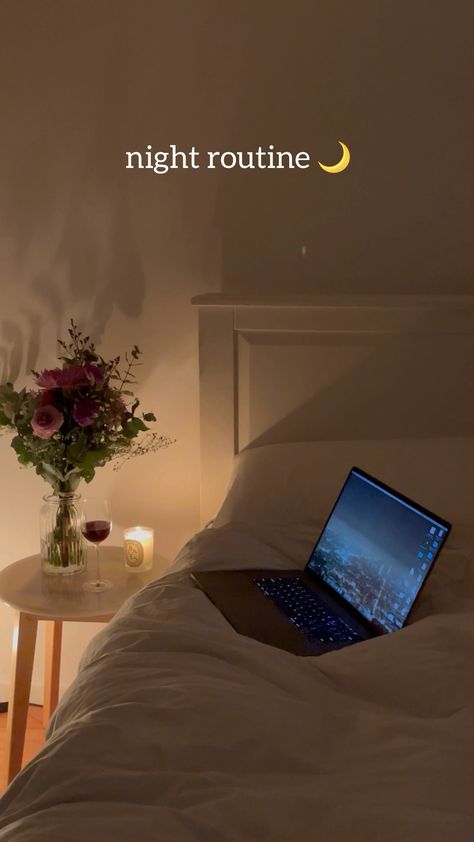 You must have seen these in Leroy Merlin. Each product has an electronic tag, which is read by the sensor system when you touch the product to the payment machine. This approach stimulates sales - you can make purchases faster and reduce the cost of maintaining cashiers.
You must have seen these in Leroy Merlin. Each product has an electronic tag, which is read by the sensor system when you touch the product to the payment machine. This approach stimulates sales - you can make purchases faster and reduce the cost of maintaining cashiers.
4) Smart shelves
Smart shelves will save time for store employees by automatically tracking goods. So, if the robot “sees” that the product is out of stock, it will send a corresponding restocking request. Smart shelves can indicate price tag discrepancy with what is on them, as well as fix theft.
As for smart devices on the sales floor, they also help store owners save money on running a business. They can help people find the right product, find out all its features, or check if the right product is in stock. But the coolest thing is that robots can speak any language!
5) Big data storage and analysis
Using the Internet of Things will help managers make decisions about the future development of the enterprise.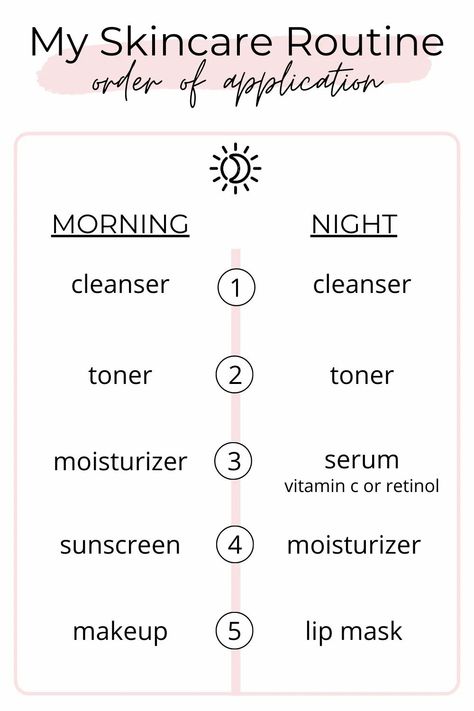 Programs running on IoT devices will be able to collect data such as a history of plant performance, demand for different items, material prices, and trends in local markets.
Programs running on IoT devices will be able to collect data such as a history of plant performance, demand for different items, material prices, and trends in local markets.
Foodtech
Ideas for tech start-ups in the foodtech niche are, for example, food preparation and delivery, agro- and eco-sector, and vegan solutions. This niche will not cease to be relevant if customers work with the delivery of quality products and appeal to the right audience.
Here are some ideas for inspiration:
6) Personal Chef
tired. The emphasis is not on the food itself, but on the people who prepare it.
The example of Talentum makes it clear that even with a set of products familiar to many, the service can change and improve in favor of the audience. The issue of user experience can play a decisive role in the success of your startup.
7) Coupons and discounts
Most of us know about coupons and discounts on certain days at KFC or McDonald's.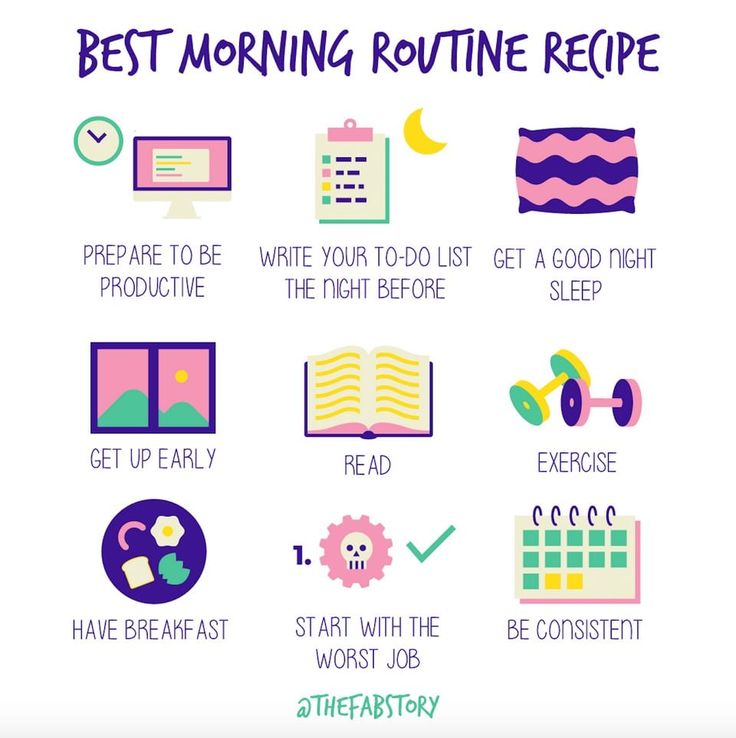 Most restaurants use this system as a marketing tool.
Most restaurants use this system as a marketing tool.
It is easier for the user to find out about all existing offers in one place, because this way you are more likely to know that on Wednesday there is a 1 + 1 promotion for your favorite burger from your favorite place.
8) Online restaurant reservations
Online restaurant reservations is a tech start-up idea that so far only exists as a spin-off for most online grocery companies. However, independent restaurant reservation portals have a bright future as this is a relatively new concept and not many provide this service exclusively.
9) Food Constructor
In addition to the standard food delivery from restaurants, there is an option to assemble your lunch or dinner yourself from the products that the courier will deliver. Users are interested in knowing the composition of dishes, even if the food takes some time to cook.
On the one hand, customers are attracted by the fact that it will save them time - to deliver products that have already been washed and weighed to the desired grams faster than ready-made meals.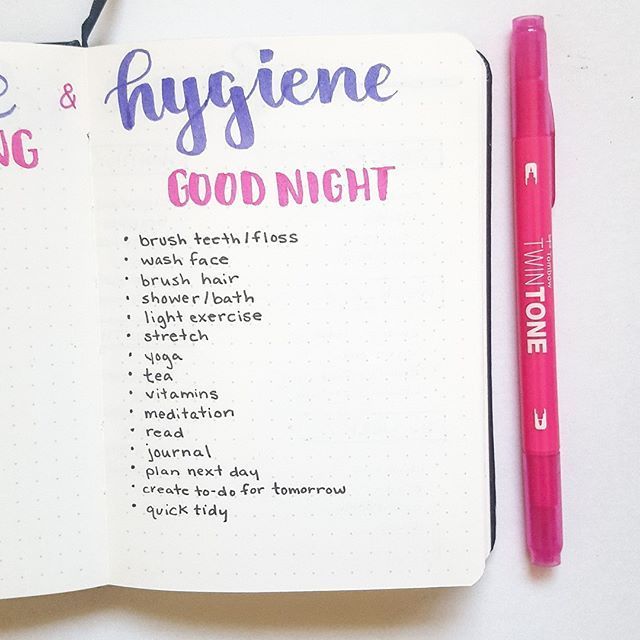 On the other hand, it is difficult to please the tastes of a large number of people, for example, not everyone may like it if you have to eat buckwheat twice in a week or get a product that a person is allergic to. It is better to focus on a narrower audience of users, such as nutrition for athletes.
On the other hand, it is difficult to please the tastes of a large number of people, for example, not everyone may like it if you have to eat buckwheat twice in a week or get a product that a person is allergic to. It is better to focus on a narrower audience of users, such as nutrition for athletes.
10) Advanced Delivery System
Some startups are so excited about drones delivering food to homes that they have already started testing the idea. AI technology is used in drones to track location so that you receive your order without delay. The entertainment industry lives at almost the same volume at night as during the day, so this food ordering service is more relevant than you think.
Health
Now with the gadget you can train, monitor your health, walk, sleep - you just need to find an application to your liking.
We tell you what ideas for technology startups there are in this niche:
11) Virtual training
Quick switching between different locations and the ability to feel like in a real fighting ring or stadium is possible thanks to the VR function.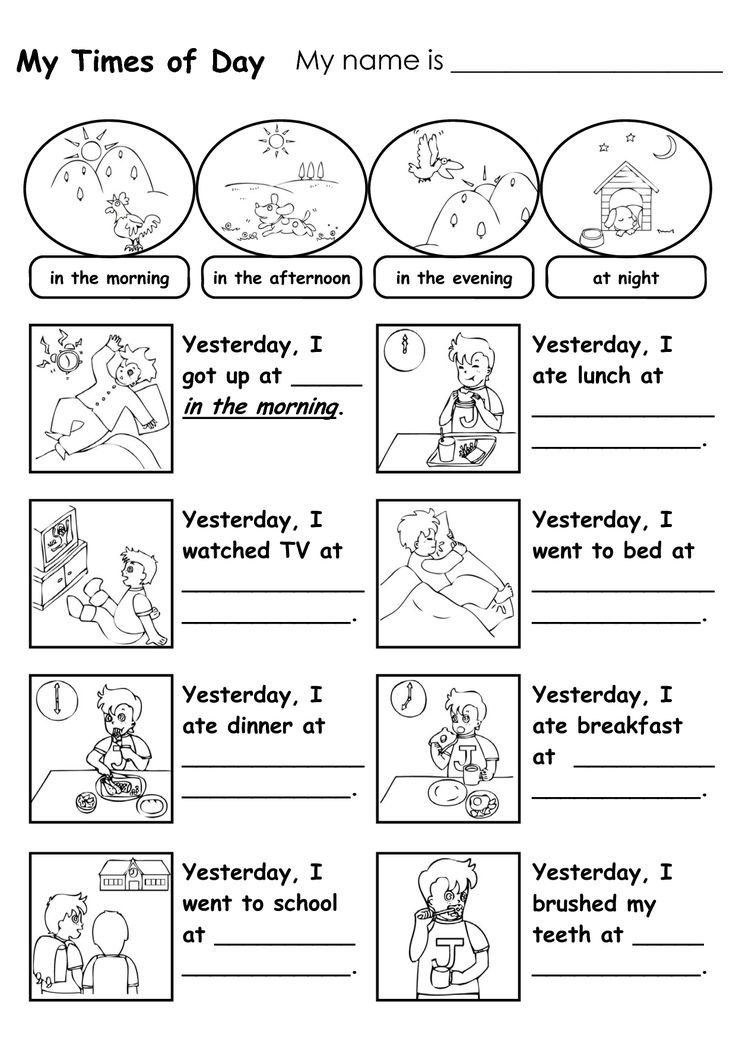 The technology is still imperfect, but now you can experience what it's like to fight with a real fighter. The application will be able to assess your strength of impact - of course, you won't be able to cripple anyone 😀
The technology is still imperfect, but now you can experience what it's like to fight with a real fighter. The application will be able to assess your strength of impact - of course, you won't be able to cripple anyone 😀
Another example is Supernaturalhttps://www.getsupernatural.com/. After a quick stretch with the coach, the music turns on, and triangles start flying towards you. Your task is to knock them down with virtual clubs in your hands.
12) Emergency call
Nowadays, the percentage of people suffering from anxiety and panic attacks has greatly increased. This is due to the fact that the world is changing rapidly, and it may be more difficult for some to adapt to it. Just for such people, applications of an emergency call for help can become an island of calm.
Can work like in case of a panic attack - the application will send a request to your friend and he will come to your aid. And also in case of deterioration of physical condition. A specific example is the woman Nina, 89 years old, felt unwell and pressed a button in the application - the hospital received a request that she needed help. Or another example - a child is just learning to go to school alone or walk. To be calmer for your child, you can also install an emergency help application on his phone.
13) Online medical care
Online doctor communication and consultation apps connects a person to the right specialist without going to the hospital. When, if not in a pandemic, we realized how important it is not to leave the house, while receiving the proper range of medical services. Patients can easily search for a doctor using search and filter options. Such an application can be useful for people as they can check doctors' reviews and ratings before contacting them.
14) Nutrition monitoring
With the nutrition monitoring application, users can track their eating habits, count calories, and maintain water balance. You can enter the name of fruits, vegetables and other foods to get information about their nutritional value, find PP recipes. For greater user engagement, the goal setting option will help.
You can enter the name of fruits, vegetables and other foods to get information about their nutritional value, find PP recipes. For greater user engagement, the goal setting option will help.
15) Meditation
And again about increased anxiety 😀 Meditation seems like a really cool solution to stay in line. Finding time to do nothing and silently listen to your body is not an easy task. The app will help you add 10-15 minutes of meditation practice to your daily routine. You can also add audio instructions, a music library, breathing practices, and posture exercises to make your app stand out. Such applications can also be used to improve sleep.
Travel
Planning plays an important role in travel and vacations. For some, this is a pleasant process, but for someone - a real nightmare. Find tickets cheaper, think over the route in order to have time to see everything, find time and just lie on the beach ... Everyone needs a good rest, so we think that travel applications will not lose their relevance soon (if you don’t agree, take the robot test again :D).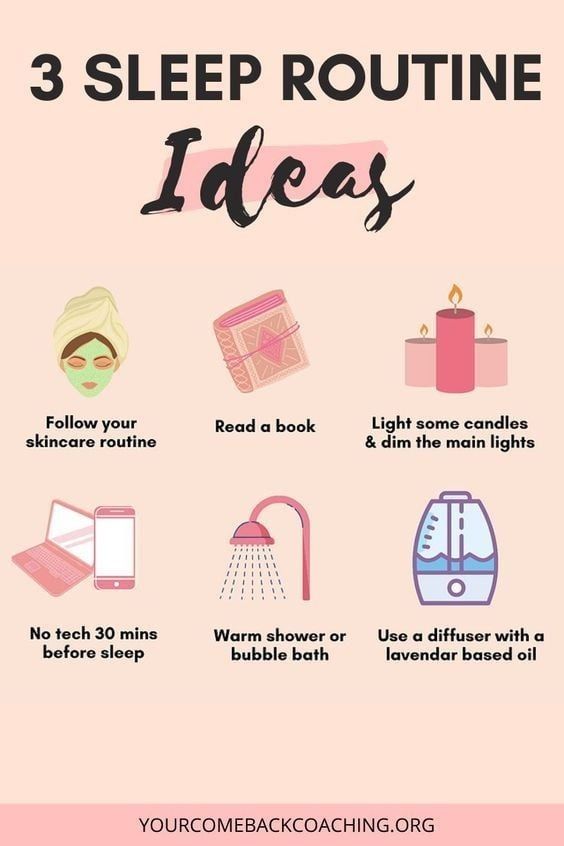
Hold a couple of business ideas for a travel startup:
16) A social network for travelers
There is an option to look for a travel partner through Instagram - there are really a lot of profiles with a profile description “I like to travel”, but you have to use them Subscribe for more details and preferences. But in a special place, on the contrary - users themselves will provide all the necessary information, you just need to set up filtering - and go ahead.
What else would the user like?
- discussion forum, GPS-based maps,
- route planning tools,
- location-based image and video sharing,
- review and rating system for tourist accommodations and other facilities,
- budget tourist guide.
17) Car rental
There is a certain percentage of people who know how to drive, they have a license, but do not own a car. They prefer to call a taxi or take the subway, and rent a car on the trip. A car sharing app is just what you need for travelers who, for example, want to explore new places on their own, rather than being tied to public transport. You can offer users different types of cars - for trips uphill, at sea or over rough terrain. What's more, your app can offer car rentals for a day, a week, or even a month.
They prefer to call a taxi or take the subway, and rent a car on the trip. A car sharing app is just what you need for travelers who, for example, want to explore new places on their own, rather than being tied to public transport. You can offer users different types of cars - for trips uphill, at sea or over rough terrain. What's more, your app can offer car rentals for a day, a week, or even a month.
18) Language Assistance
This application scans and translates spoken language and text in all languages of the world, taking into account different dialects. Works even offline, so in case the Internet is not available, the user will be able to communicate with the locals. Such a service will be a cool assistant for those who want to exchange a few words with the locals and find out more information about the place they arrived at.
19) Air tickets
Aviasales - search for cheap air tickets ... Everyone has heard the phrase - it means that there is already a headliner in this niche.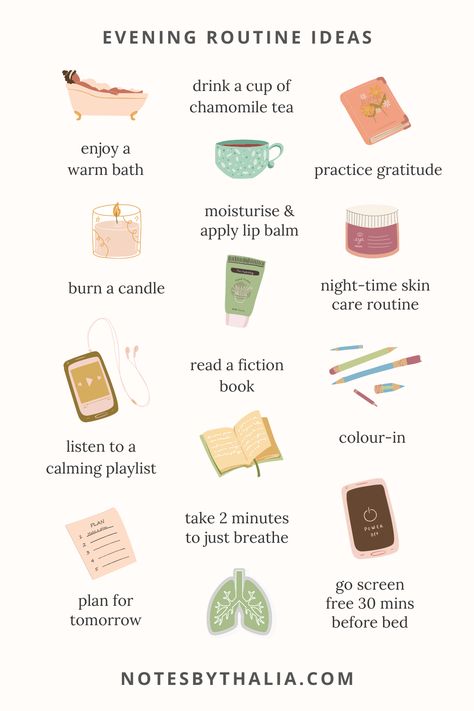 But also the fact that such services are very popular. This application contains everything you need for convenient travel planning. The platform will help you evaluate all your travel options, flights, hotels and travel packages.
But also the fact that such services are very popular. This application contains everything you need for convenient travel planning. The platform will help you evaluate all your travel options, flights, hotels and travel packages.
20) Enemy of jet lag
Travel is one of the most interesting options of our life and we don't want to spoil it with jet lag. At the end of 2018, a group of neurophysiologists released their first product - a service for changing time zones https://www.timeshifter.com/. They used the neuroscience of sleep and circadian rhythms to help create a personal jet lag plan designed for the user.
Real Estate
Real estate companies face strong competition and it is in their interest to make sales as soon as possible. Therefore, it is necessary to improve the quality of customer service and the level of customer confidence.
Mobile app - a solution that improves efficiency and helps realtors promote their services through user-friendly tools such as apps.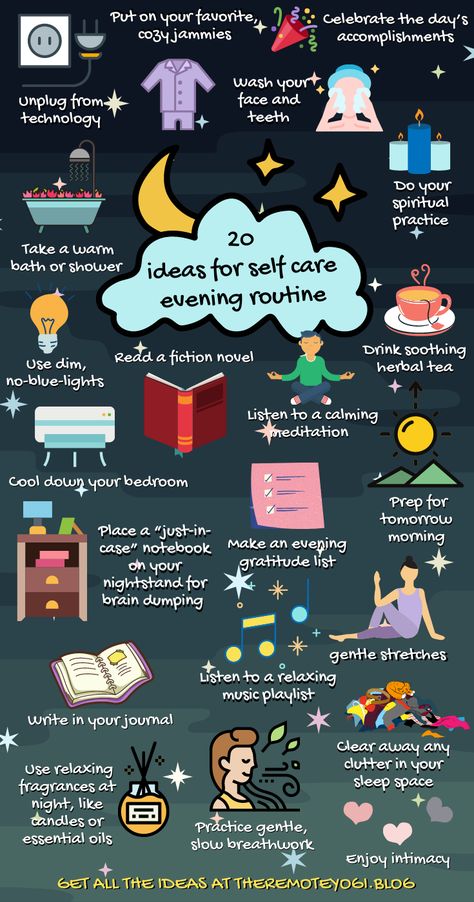 If you already own a real estate business, you can develop a startup to support your brand.
If you already own a real estate business, you can develop a startup to support your brand.
Here are some startup business ideas this niche offers us:
21) Buying and renting a house
When you buy or rent a house, you have to consider hundreds of proposals and collect mountains of necessary documents. You can make this process boring and complicated, or you can provide users with a better user experience and help them make choices that will stick in their memory. Include information about the buying process, specific positions, and owner and tenant profiles in the app. The application should answer all pressing questions and make the search as comfortable as possible.
For realtors and those who just want to rent out their free space, this service will be a great help in consulting with potential clients. You can use the app to show them how the process works.
This tool can act as the main communication channel between users, so they can easily contact each other if they have any questions.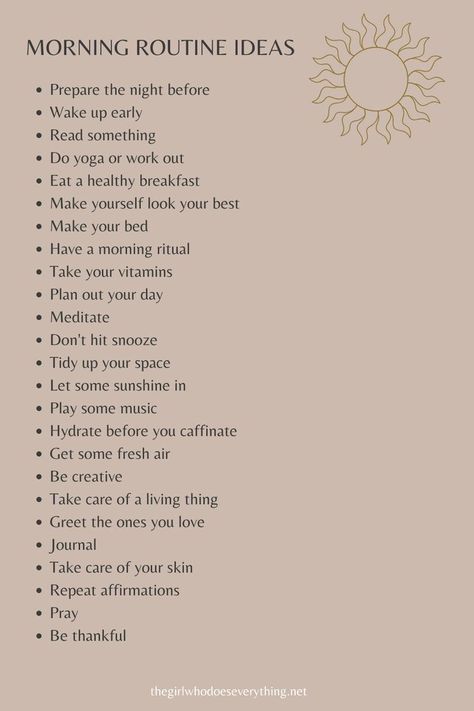
22) Real estate investment
Suitable for those who are really looking for good deals on buying real estate on the market. The application must have a complete database of properties available in different areas, states or countries.
Add a selection of current and latest real estate news to your investment application. It is better not to abuse technical terms, but to use simple sentences that are understandable to a non-specialist.
23) Calculator
In terms of ideas for a technology startup for the calculator, you can go in two directions:
- Mortgage calculator
credits.html?fbclid=IwAR2ZQ034xIdVJGmUlLGYTu4yc5B7DARbNl0ZGXo-V6s3HA03PNQkjZTJe0Y. The process may be delayed due to the fact that mortgage payments are not always quick.
A visual calculation with cost details and details can instantly give an idea of how much the customer will need to pay according to the parameters. Also, the application will help to be always in touch with the client.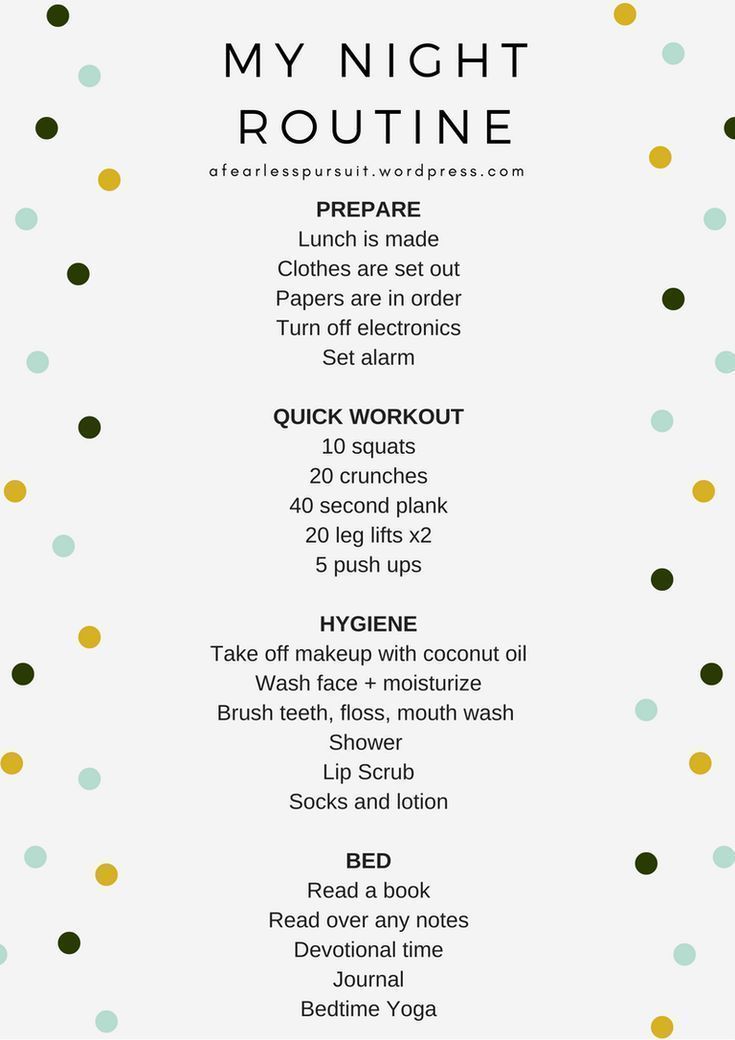
- Repair estimate
Repair costs are difficult to calculate to a penny - there are too many tasks that require an accurate solution. From finding a location, selecting a contractor, to installing windows in a nursery, purchasing real estate can be a resource-intensive process.
This is where the calculator app comes in handy: it allows you to quickly calculate how much a general repair will cost according to the figures. Then this data can be easily exported into a report and sent to customers by e-mail for convenience.
24) Other reality real estate
Real estate display using AR/VR technology improves the old mechanism of viewing an apartment before renting or buying. Statista predicts that AR/VR technology in the real estate sector will reach $2.6 billion by 2025https://www.statista.com/chart/4602/virtual-and-augmented-reality-software-revenue/.
These technologies will make the job of realtors easier by helping people view properties anytime, anywhere.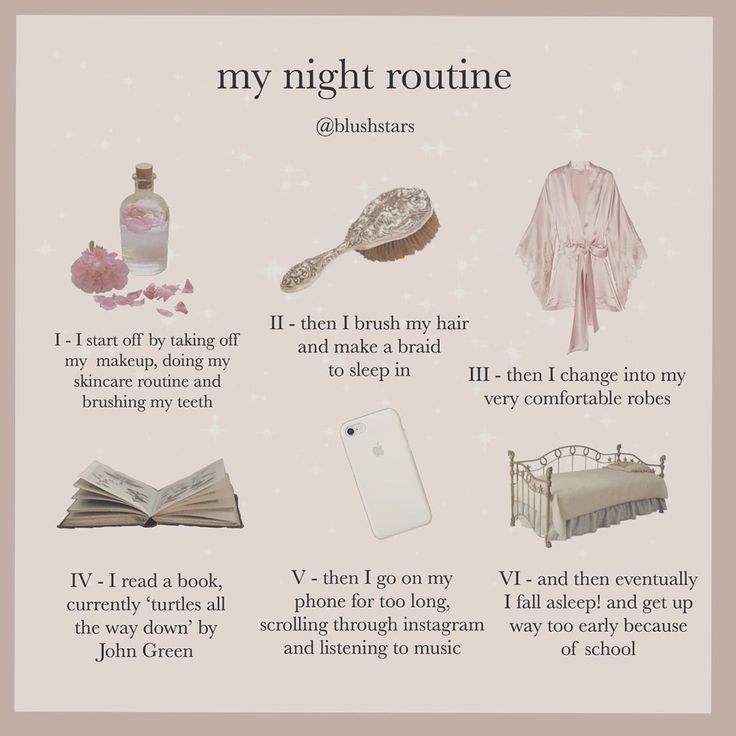 So customers save time and money on visiting the property. And real estate companies will be able to close the deal sooner. AR/VR virtualizes all elements of the interior, and buyers visualize the property with its interior design.
So customers save time and money on visiting the property. And real estate companies will be able to close the deal sooner. AR/VR virtualizes all elements of the interior, and buyers visualize the property with its interior design.
25) Finding potential tenants and homeowners
Attracting potential clients is the basis of selling a property. This is where the guys from Airbnb started. When they first launched their product, they had a pool of people with living space and they were looking for people to share.
The application will allow you to actively interact with potential customers. The form will help attract potential customers if you ask them to leave their personal data. This information is stored in the CRM system and used to create customer profiles and optimize sales.
By the way, we have experience with a lead generation app that has become a great cold sales tool.
Social connections
Interaction with society and well-established communication is an integral part of the life of modern people.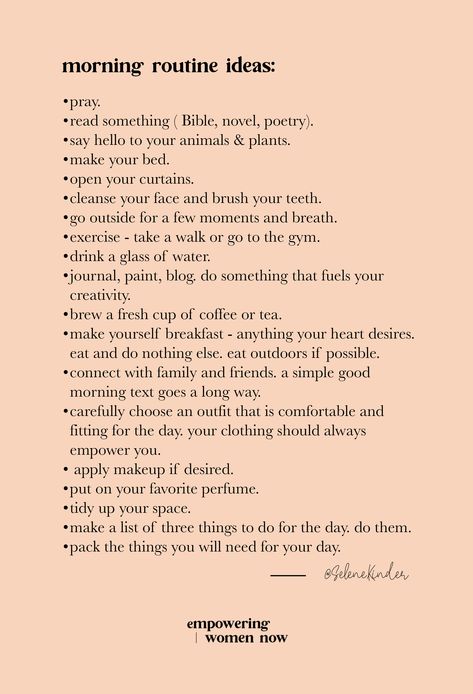 With the help of apps, you can find your friends, keep in touch with your family, find out the latest news and view content in a convenient format.
With the help of apps, you can find your friends, keep in touch with your family, find out the latest news and view content in a convenient format.
Tech startup ideas in this segment:
26) Dating
more than 9 million dollars. Dating services are designed to bring people together - for romantic relationships, friendship or one-night stands. Users view profiles of other people, put likes and chat in chat. For a startup to be successful, you need to define your niche. In addition to the hyper-popular Tinder, there are other representatives in this segment, for example, Grindr, an application for finding friends/partners from the LGBT community, had 3.8 million active users in 2018. Or Pure - an anonymous search for a sexual partner.
27) Video chat
Video calling services became popular during the first COVID-19 outbreak and are still helping with many problems. Remote work or just communication with people from different parts of the world - users can always stay in touch.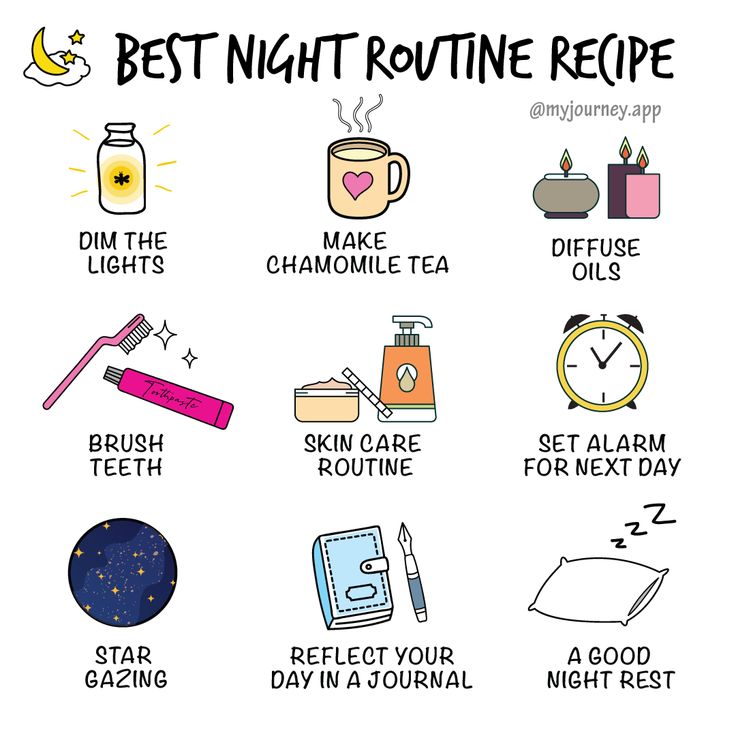 There are several types of video communication applications:
There are several types of video communication applications:
- video conferences for a large number of people - Zoom
- messengers with video chat - WhatsApp
- video chats for gamers - Discord
A must-have feature for such applications is end-to-end encryption. The message is encrypted on the sender's device and decrypted only on the recipient's device. Information is transmitted from the recipient to the sender. This maintains the confidentiality of information, and user data is always safe.
28) Messenger
Now you can use chats to keep in touch with family and friends, find out the latest news and make an appointment with a doctor. In 2021, 2 billion people have WhatsApp on their phones! But the question arises: how are instant messengers monetized? For example, in-app ads. You can create a collaboration with a brand and release a customized sticker pack. This strategy allowed the Japanese messenger Line to earn more than $10 million per month https://thenextweb. com/news/japanese-messaging-company-line-makes-over-10-million-per-month-from-selling-stickers. Or use a Freemium strategy like Slack does. This is when users have access to features that reflect the main essence of the product.
com/news/japanese-messaging-company-line-makes-over-10-million-per-month-from-selling-stickers. Or use a Freemium strategy like Slack does. This is when users have access to features that reflect the main essence of the product.
29) Online streaming
The demand for quality video content is growing and people are now attracted to the opportunity to watch something that is close to their interests at a convenient time. By 2023, 2.72 billion people will watch live or on-demand video on their mobile devices https://www.emarketer.com/content/apac-dominates-in-mobile-phone-video-viewership.
There are several options for the streaming service:
- VOD (Video-on-demand) or video on demand. Search for movies or TV series through a search engine in the catalog. For greater user engagement, a system of smart recommendations based on their requests is used.
- Time-shift function. TV viewing enhanced with rewind and pause functions.
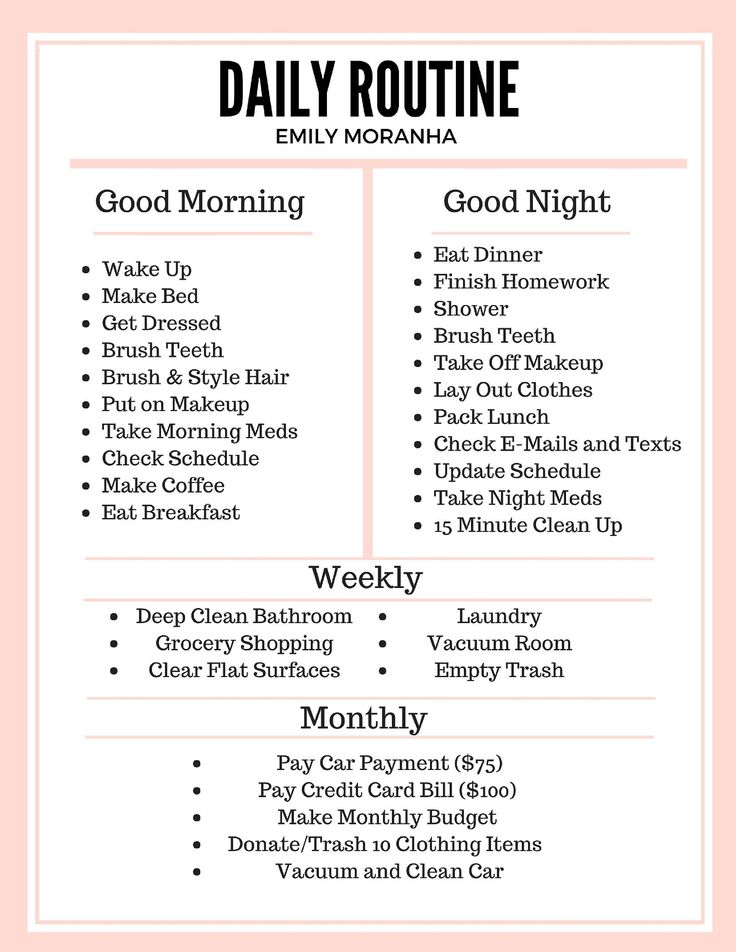
- Live TV broadcast. Not the fact that most users now have a TV at home, but they definitely have a smartphone or tablet. Therefore, TV providers attract an audience from devices, such as Huluhttps://www.hulu.com/welcome.
30) Podcasts
Podcasts have become mainstream, reaching tens of millions of people every week. People like Joe Rogan are now more famous for podcast episodes than for their day job.
Podcasts are popular because of their portability. Anyone can listen to podcasts while driving to work or cooking, without the need to be distracted by the visual part. Also, podcasts are a space for different topics, like, for example, Youtube, only in audio format - raising children, buying a car or choosing a country for a vacation. You can agree to release interesting podcasts exclusively for your site. You will need to invest more money, but it will pay off with the number of users your service will attract.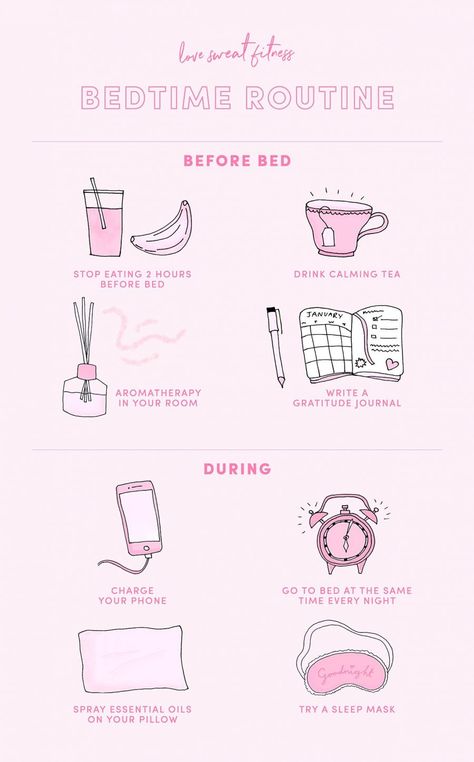
Summary
Entrepreneurs want to come up with a business idea for a startup that no one has come up with before them, but in fact every idea has already been implemented. Most of the world's problems already have solutions. You should not try to reinvent the wheel, but find an idea how to improve existing solutions, because you can come up with unique features, but a new solution is already more difficult.
As a startup you need to:
- define the problems your product should solve,
- study the market, take the best from competitors,
- learn from their mistakes and implement your idea
- collect feedback from customers and continue to improve your product
At Purrweb, we follow the MVP approach for developing technology startups. MVP is the first version of the product that includes the core functionality.
Inspired by one of our tech startup ideas, or come up with something cooler? Write to us - we will help with the implementation!
How useful is the publication?
Rate this article!
69 ratings, average 4.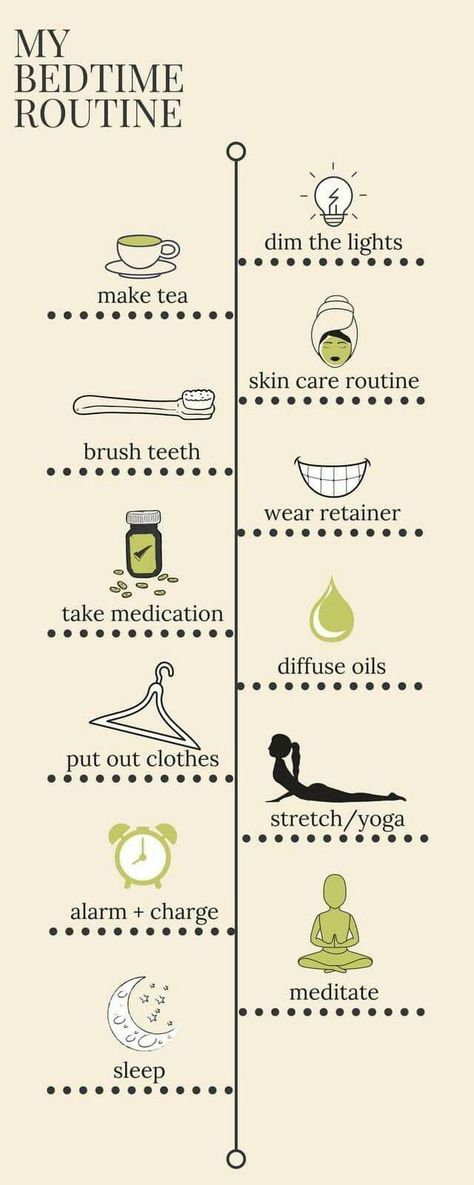 3 out of 5.
3 out of 5.
No ratings yet. Rate first.
Enter your email and we will send the article thereNight treatments 🌛 all successful women 👍🏼 follow 🚶🏼...
Night treatments 🌛 all successful women 👍🏼 follow 🚶🏼...Get a good night's sleep 😴 can take a break or your day. You'd be surprised how much an extra hour or two can improve your mood. But we all know that going to bed at a reasonable time, especially if you're like me and have some serious FOMO, is easier said than done. There are so many studies that prove that your body needs at least seven hours of sleep 💤 to be in great shape, but we rarely ever do.
The photograph is. Think of your body as a vehicle; It's the one thing you possess that takes you everywhere. You will only get one, so why not take care of it? Whether you need to figure out how to double your sleep time or de-stress after a long day, it's all about creating a routine and sticking to it...no matter what new shows are calling out to you in your 😉 Netflix queue.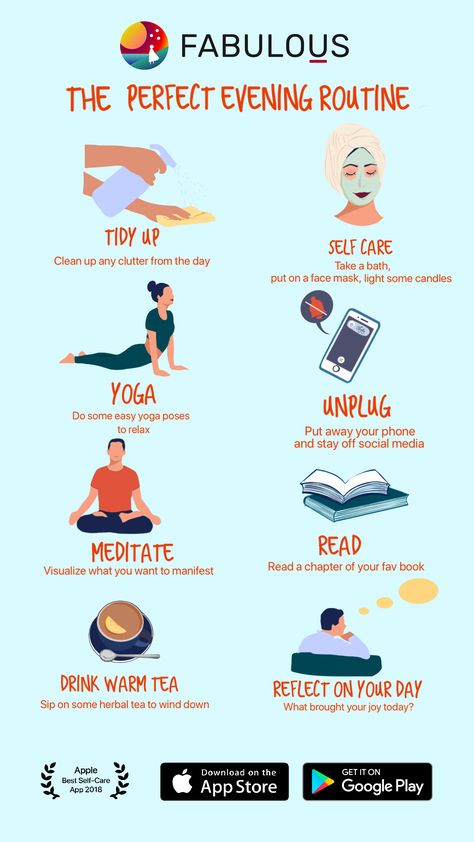
Table of contents:
- Make your own home cooked food 🍳 (because you deserve it!)
- clock at the same time every day - and not a minute later ✌️
- no screen time 📵 until...
- Make a game plan of what you want to accomplish for the week and start checking them off ✔️
- step up your nightly face wash routine 🚰 aka be consistent!
- stay Zen while beautifying your space 🎨🖼
- soak your feet 👣 at the end of a long day
- or you can give yourself a soothing massage 💆
- it's science! Chocolate 🍫 is always a good idea
- still can not get some turned a blind eye? Try thinking first 🙌
- take a page from Bridget Jone's Diary and write ✒️ in your journal
- curl up with a good book or magazine 📚
1 Make yourself a home cooked meal 🍳 (because you deserve it!)
You don't need an excuse to treat yourself to some good food. Cooking gets your creative juices flowing, which has the added benefit of blocking out anything you feel stressed or worried about.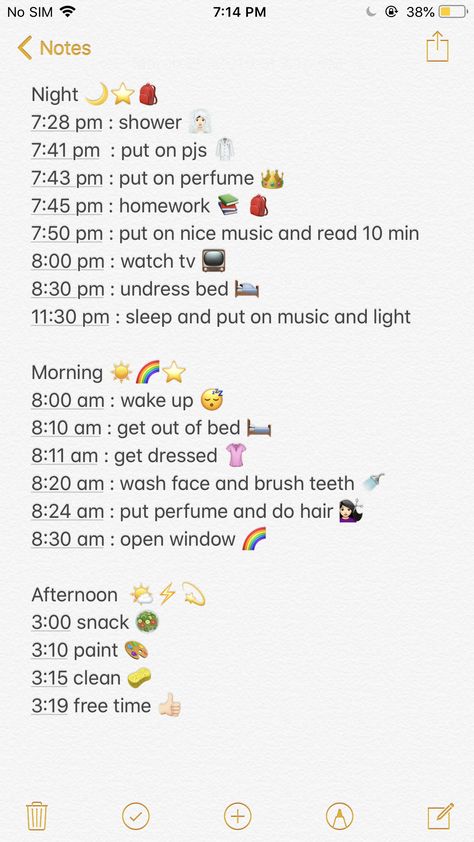
2 hours at the same time every day - and not a minute later ✌️
Although there may be times when you have to finish a task or two, get into the habit of packing up around ⏰ the same time every day. This serves as a reminder that your personal life and work are separate. Respect your time ⌛, girl!
3 no screen time 📵 until...
You drink a glass of water and relax for at least 20 minutes. Your mind works miles to a minute all day; Give yourself a chance to unpack.
4 Make a game plan of what you want to accomplish for the week and start checking them off ✔️
Even though I consider myself a pretty spontaneous person, I have to admit that checklists make life a lot easier. This may seem difficult to put into practice, but is actually quite simple once you commit to it. Keeping a physical list of your download goals will motivate you to actually work towards them.
5 step up your nightly face wash routine 🚰 aka be consistent!
My Night Skin Care Regular is probably the most relaxing part of my day.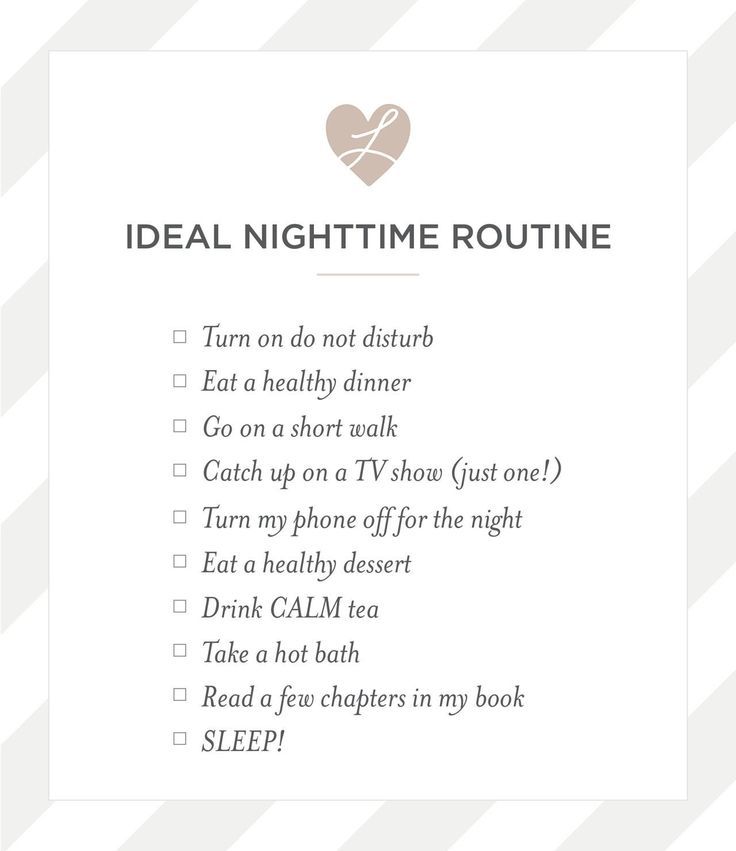 Full disclosure: I just slap on my favorite Sour Cream, rinse it gently and I'm good to go. She can be annoying at times, but do yourself a favor and do it every night. Taking care of your skin is worth it.
Full disclosure: I just slap on my favorite Sour Cream, rinse it gently and I'm good to go. She can be annoying at times, but do yourself a favor and do it every night. Taking care of your skin is worth it.
6 stay Zen, decorating your space 🎨🖼
Your number is a reflection of who you are. Don't be afraid to add some of your personality to your space.
7 soak your feet 👣 at the end of a long day
After more than eight hours on your feet, the Exfoliating Foot Rub sounds like a *perfect* idea 🙌.
8 or you can give yourself a soothing massage 💆
Rather, there is a lot of hidden tension in your shoulders, neck that you knew about. Giving yourself a mini massage with essential oils will ease some of that tension.
9 this is science! Chocolate 🍫 is always a good idea
According to a recent study, dark chocolate actually helps the body regulate its internal clock. It contains magnesium, which makes it easier for you to sleep at about the same time each day.



